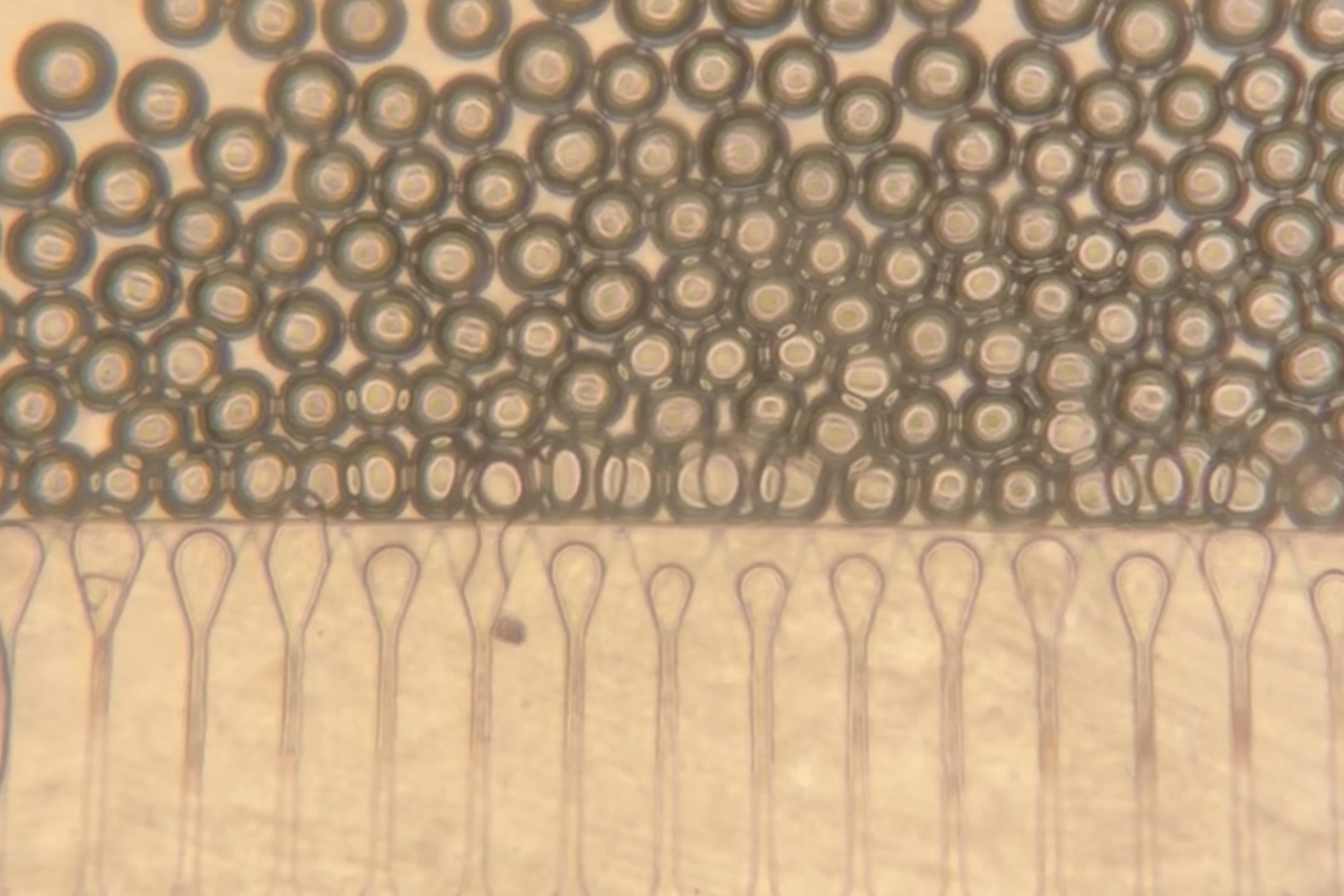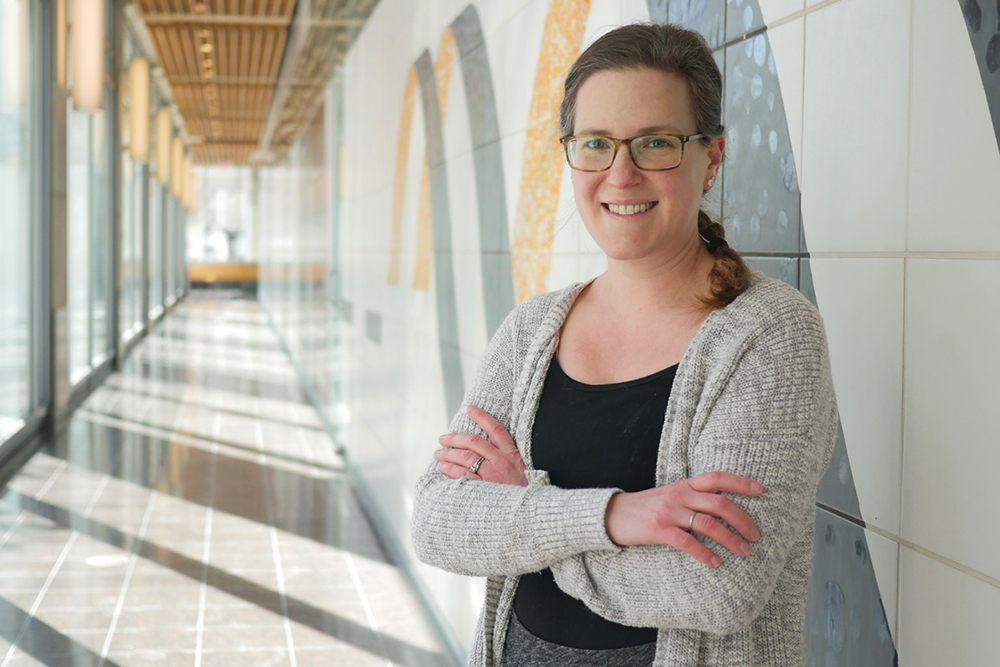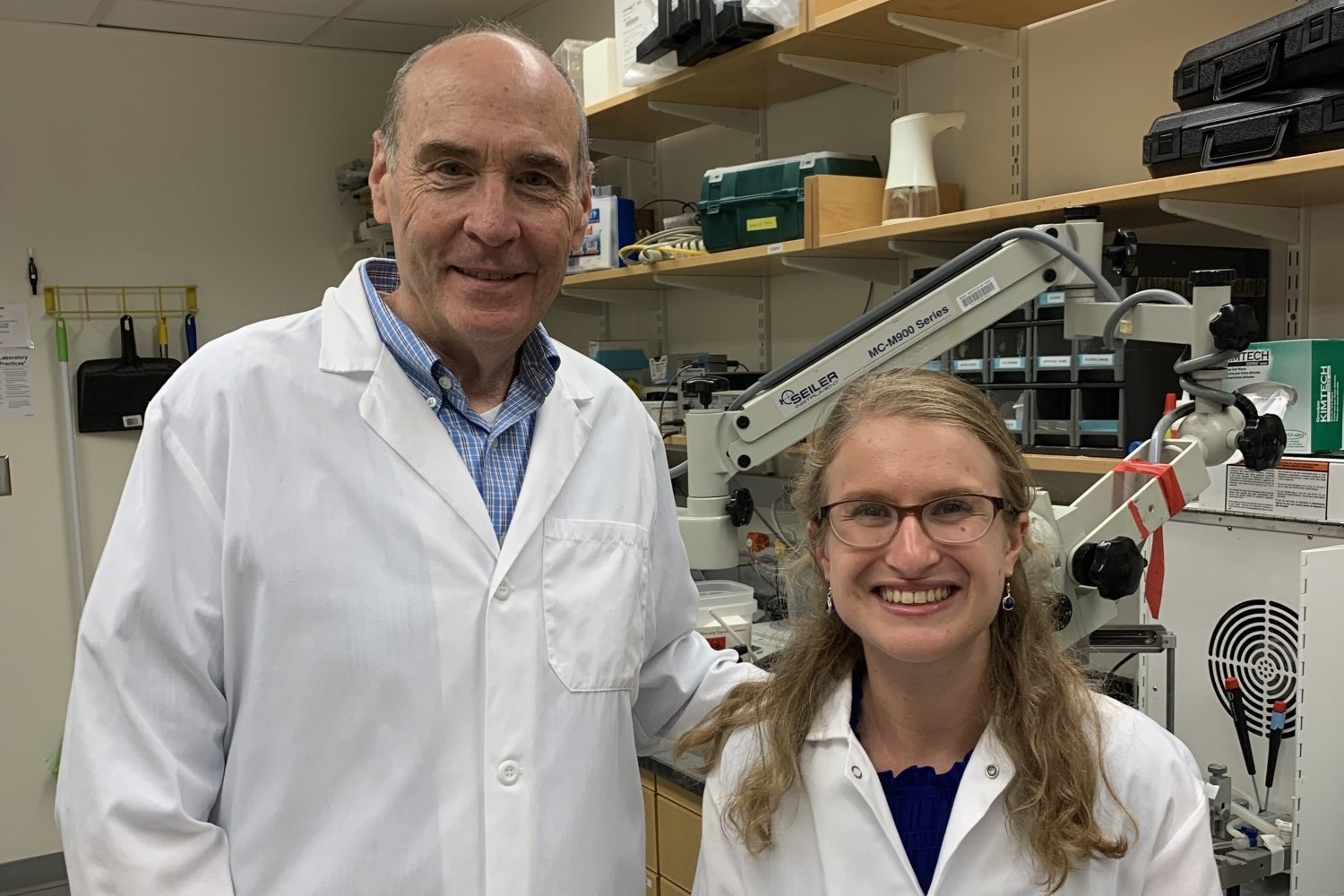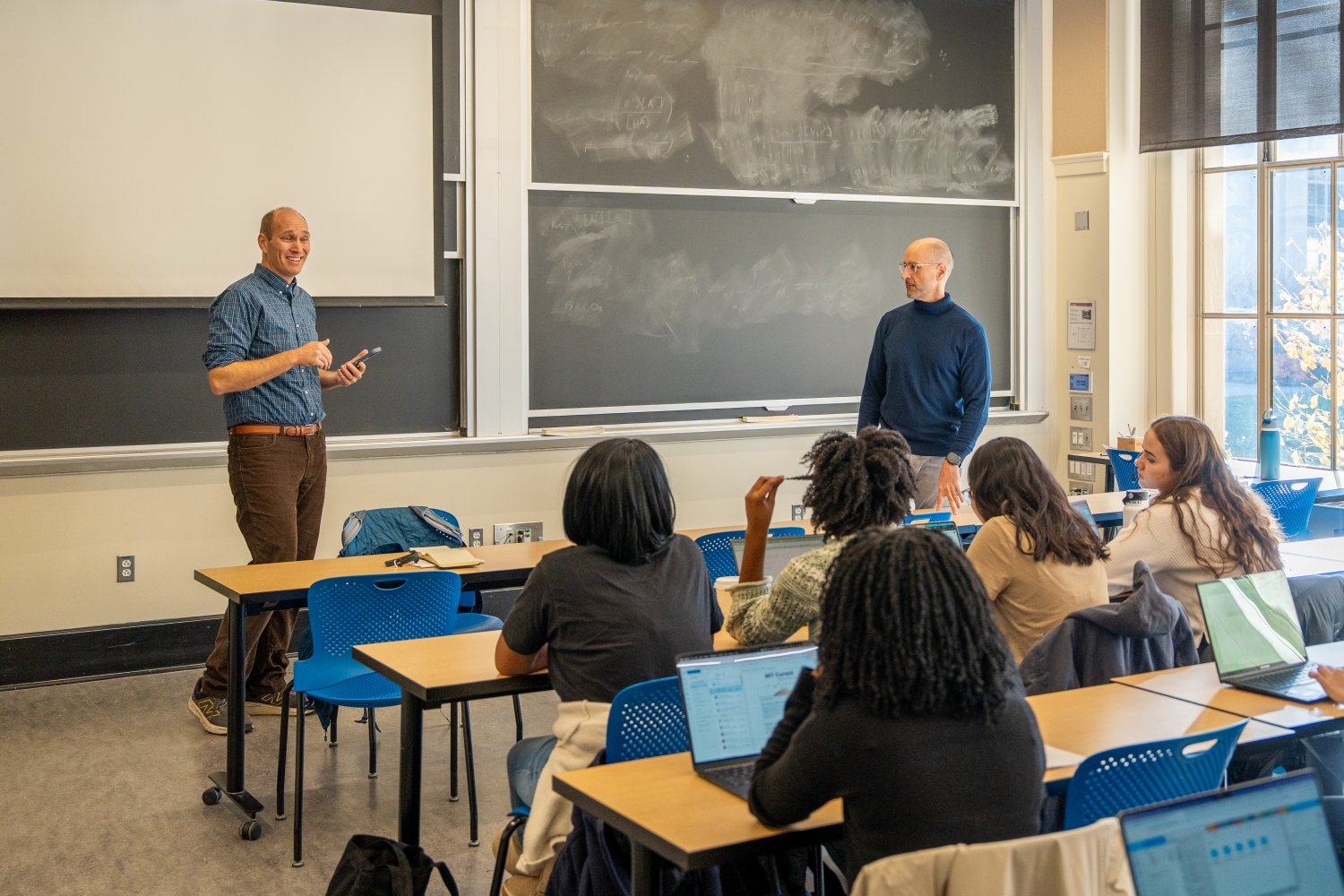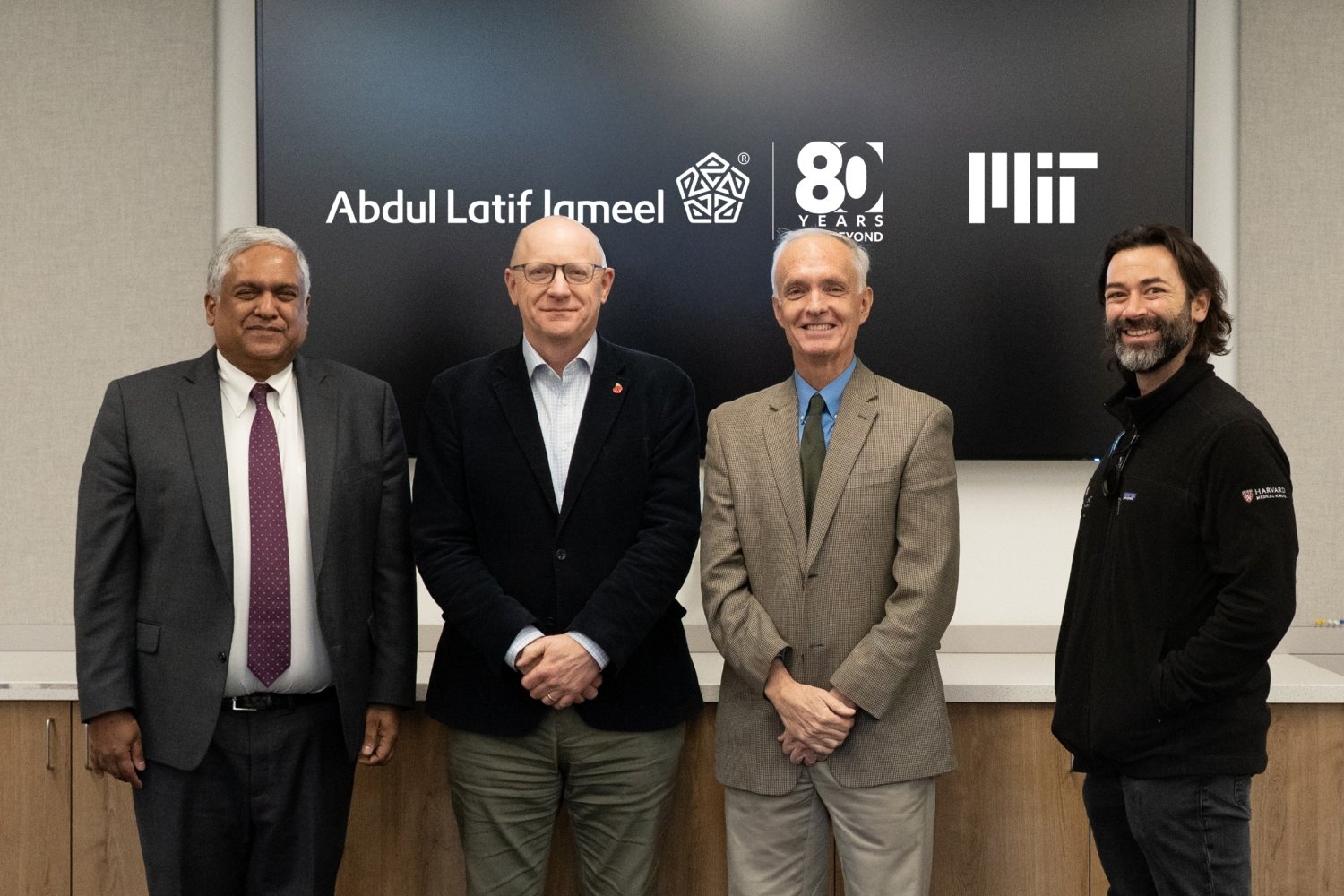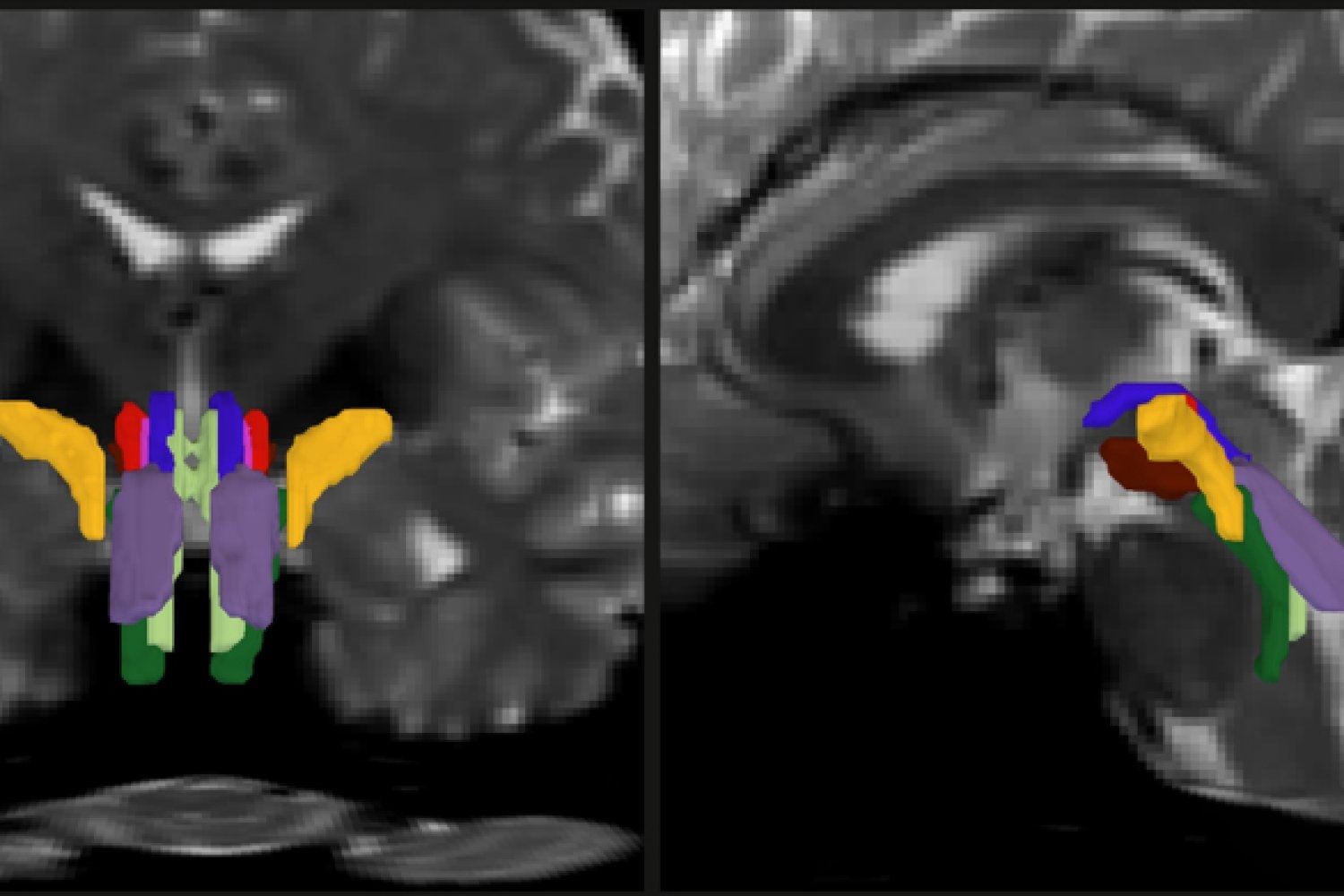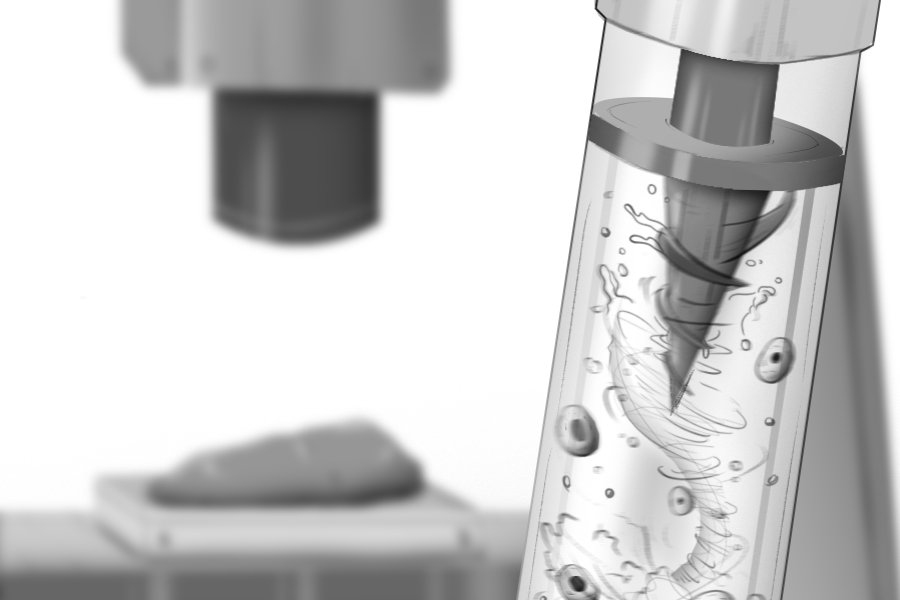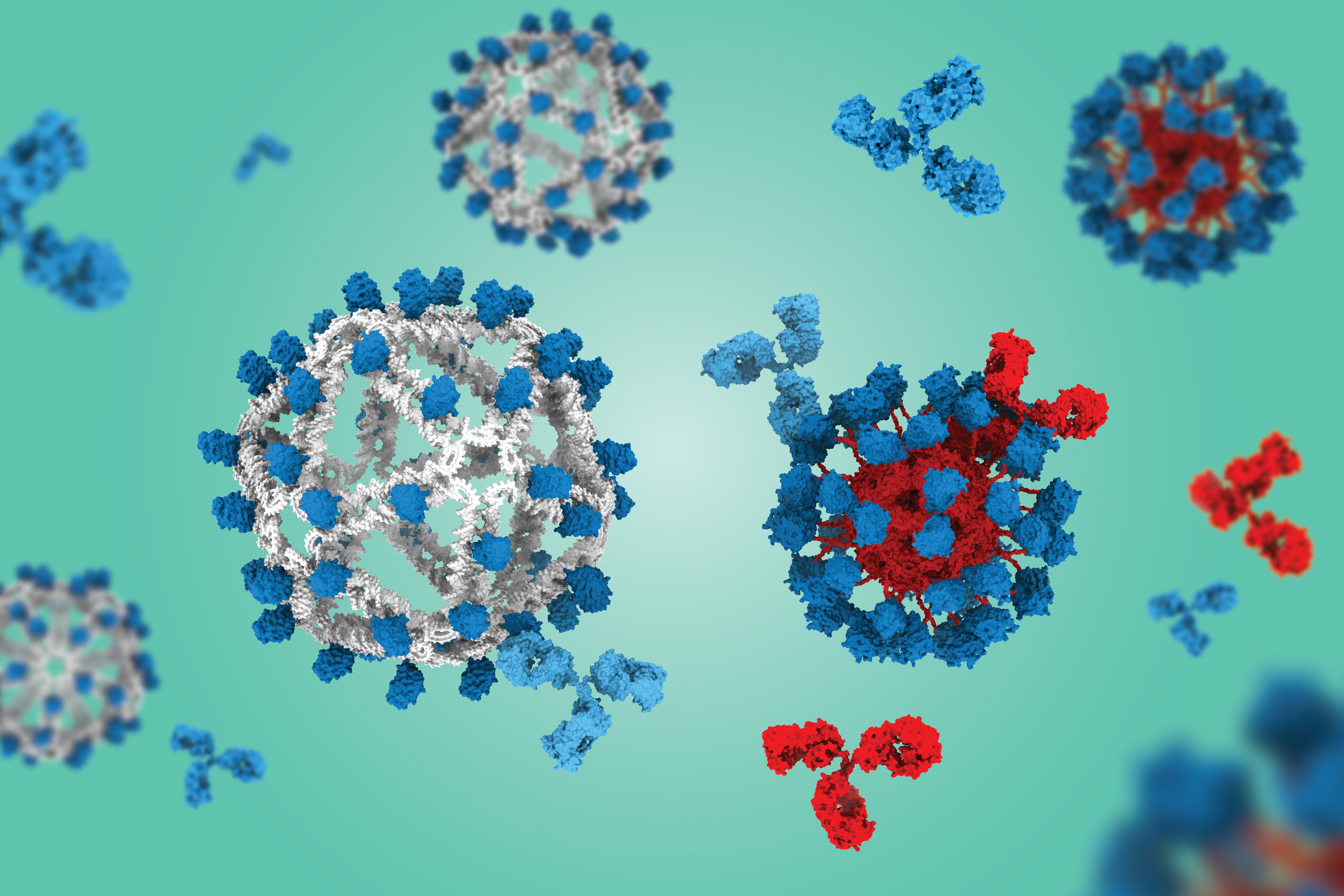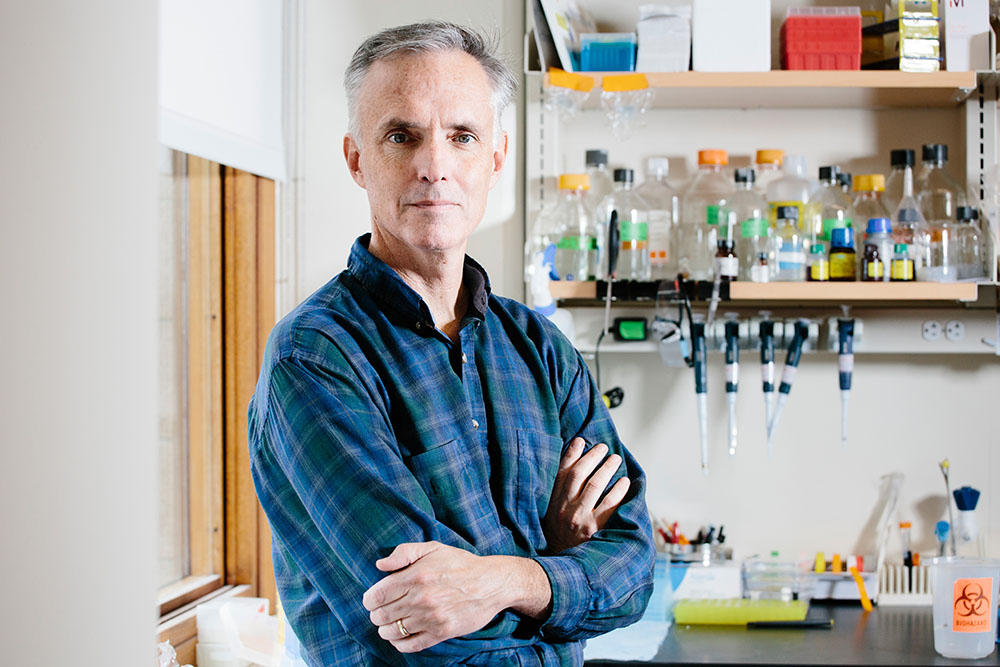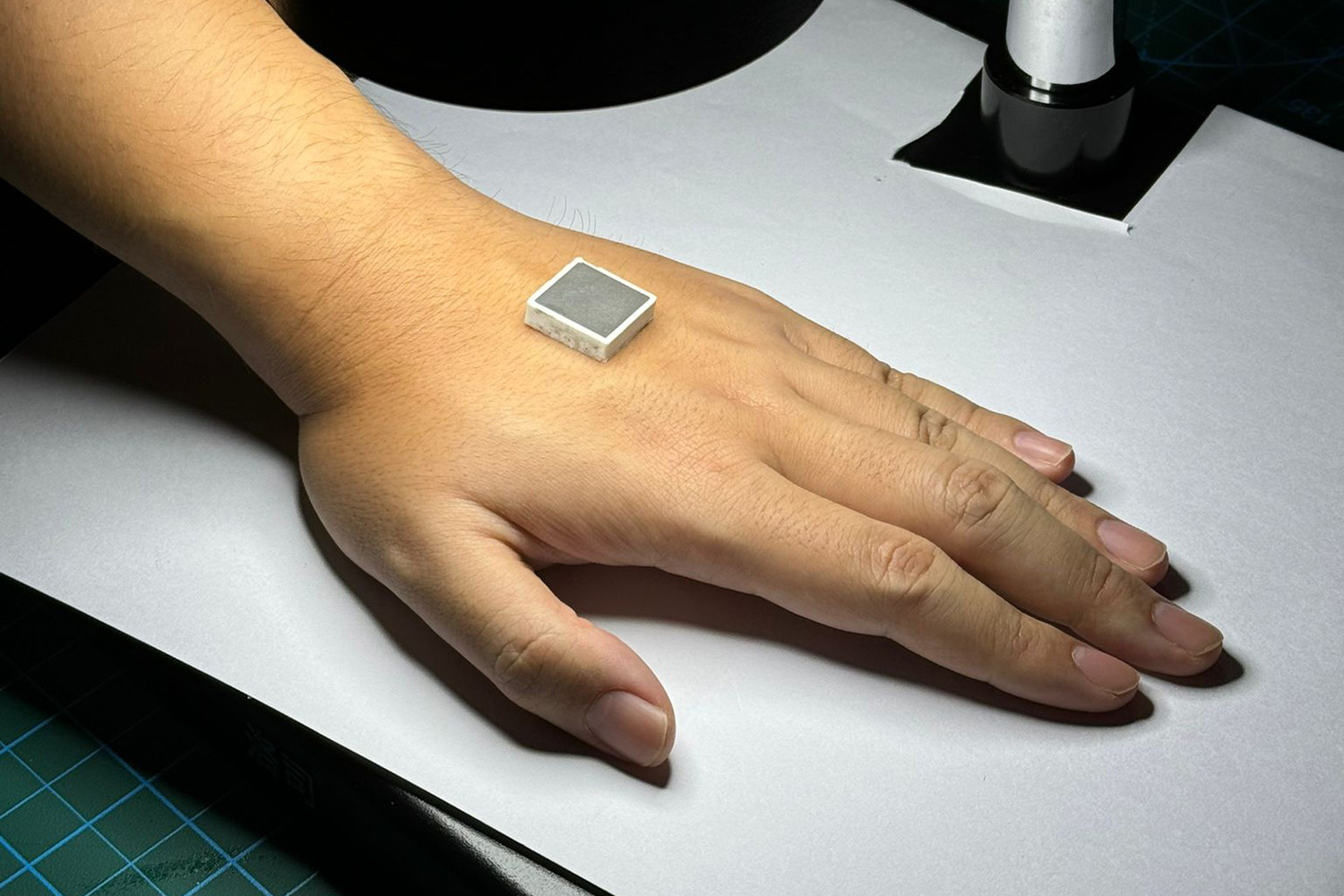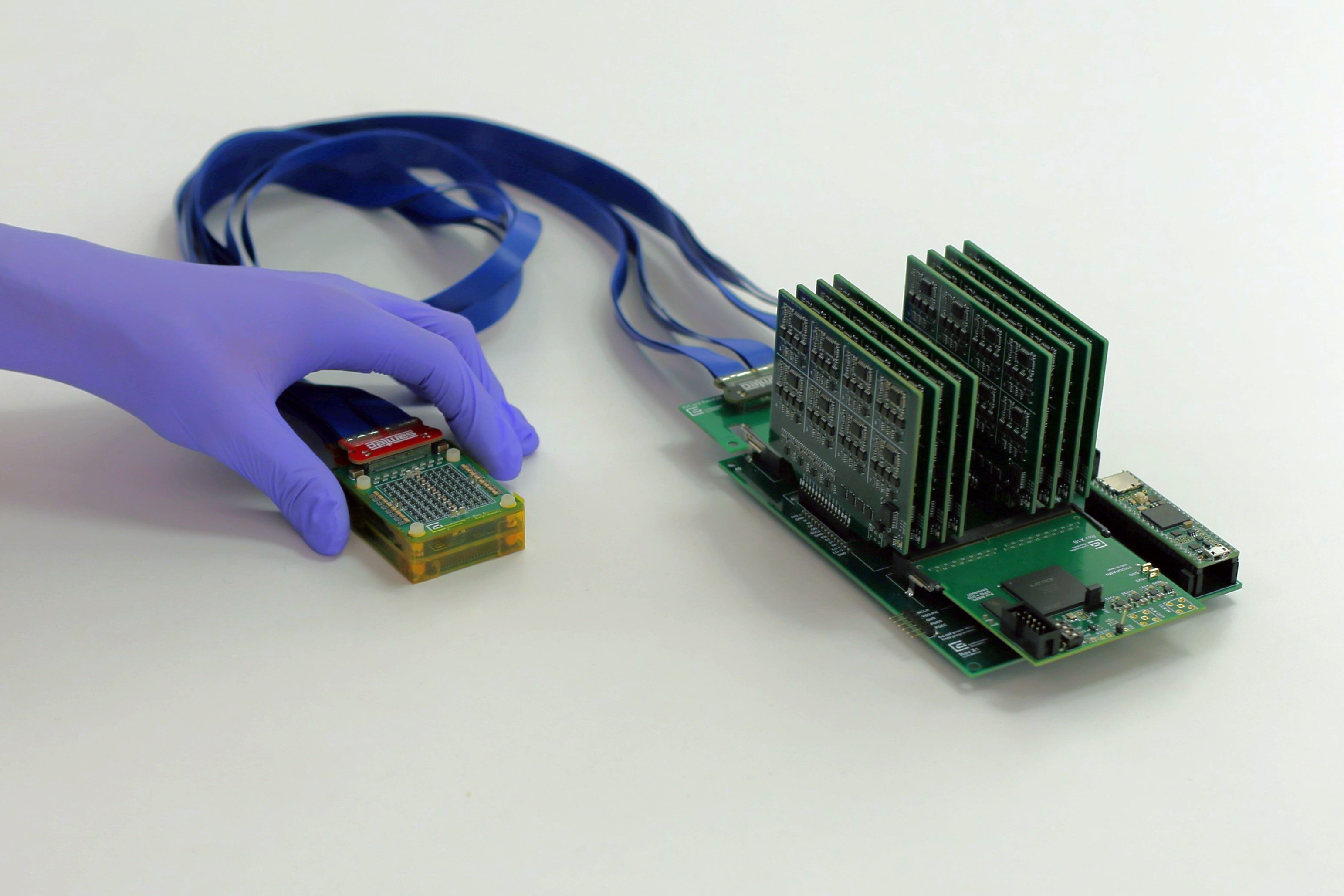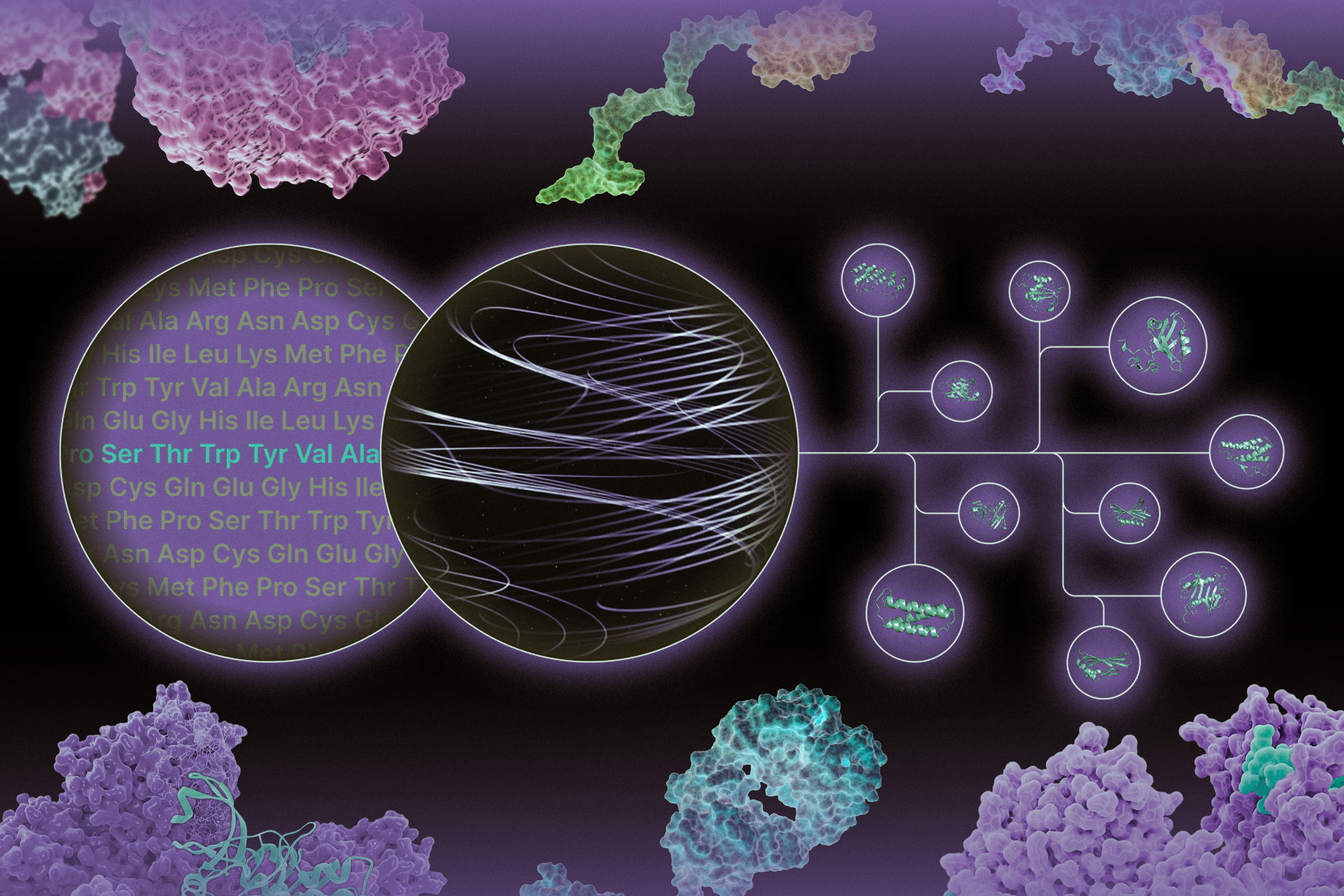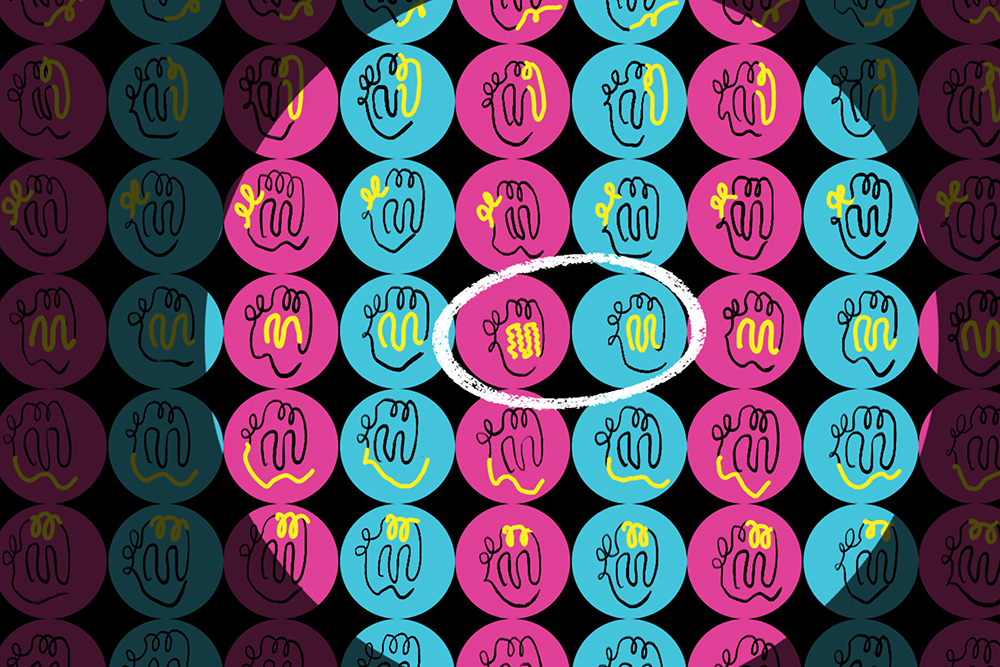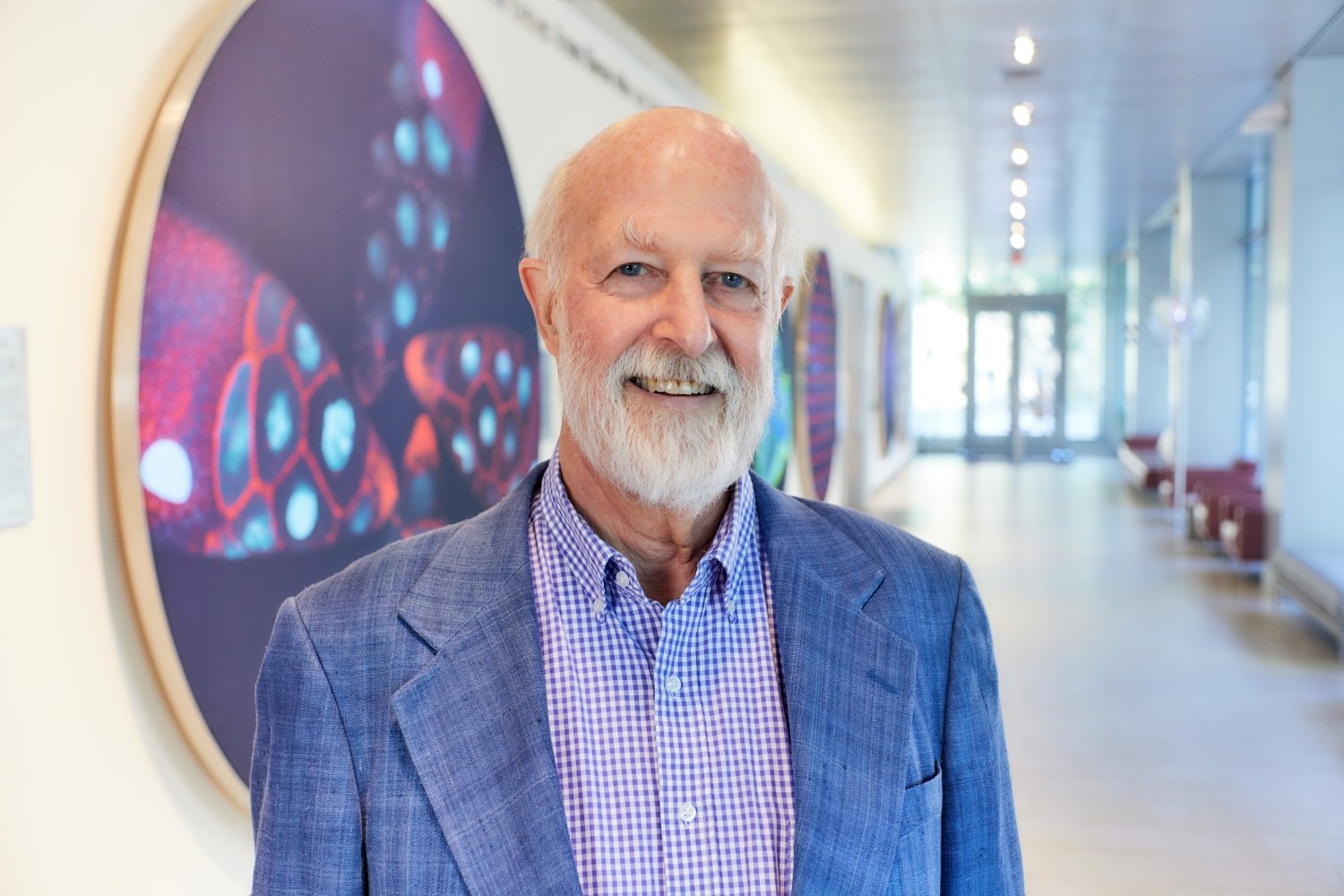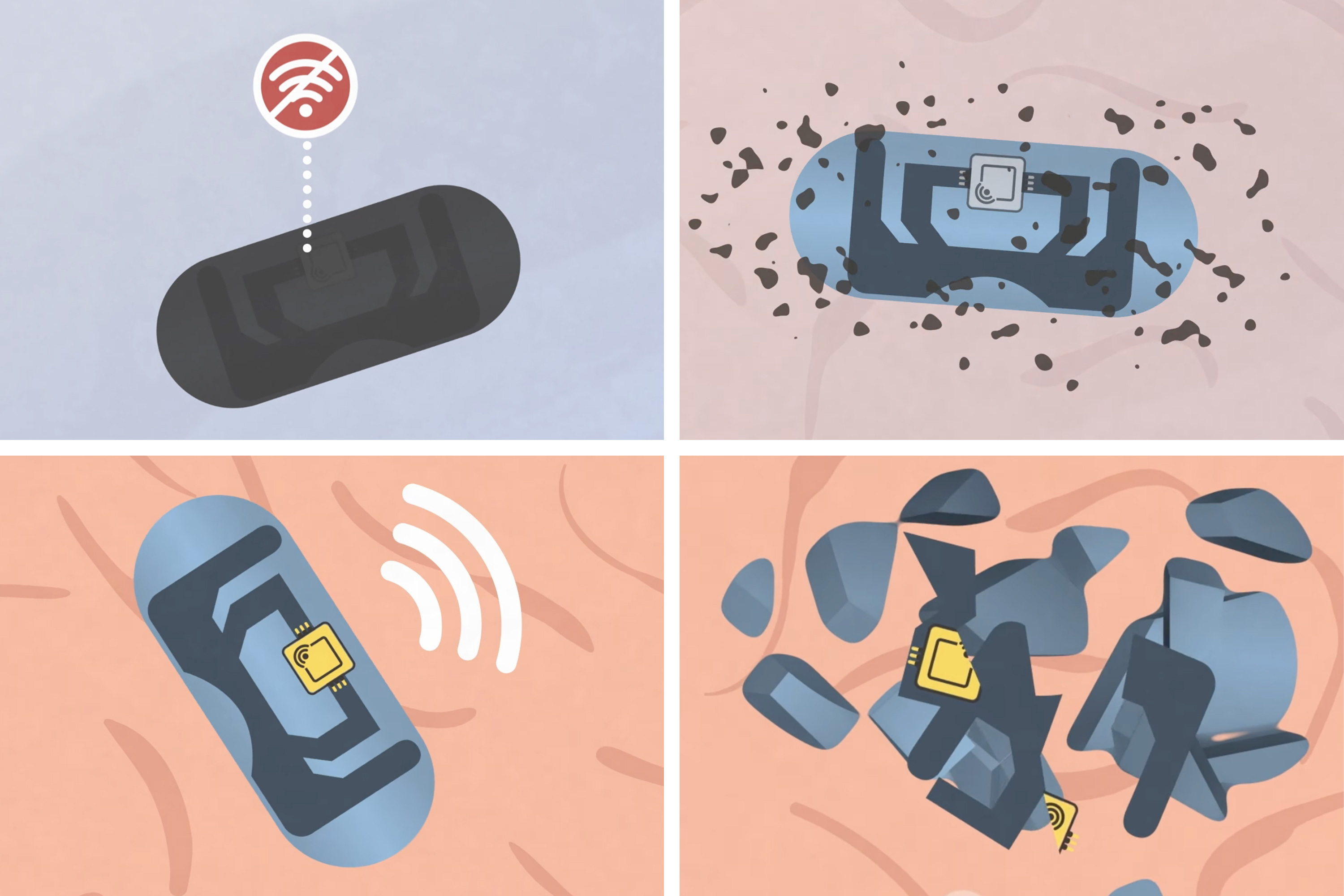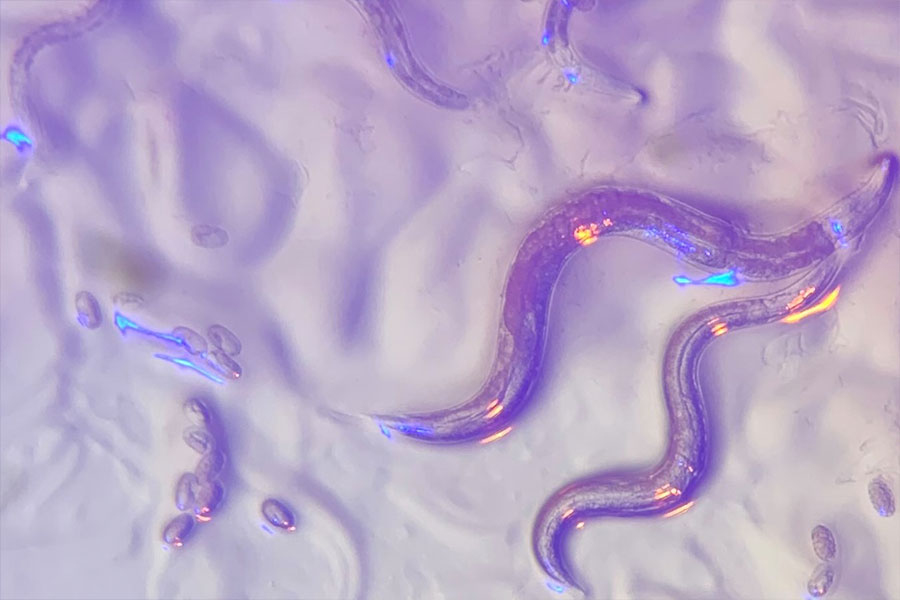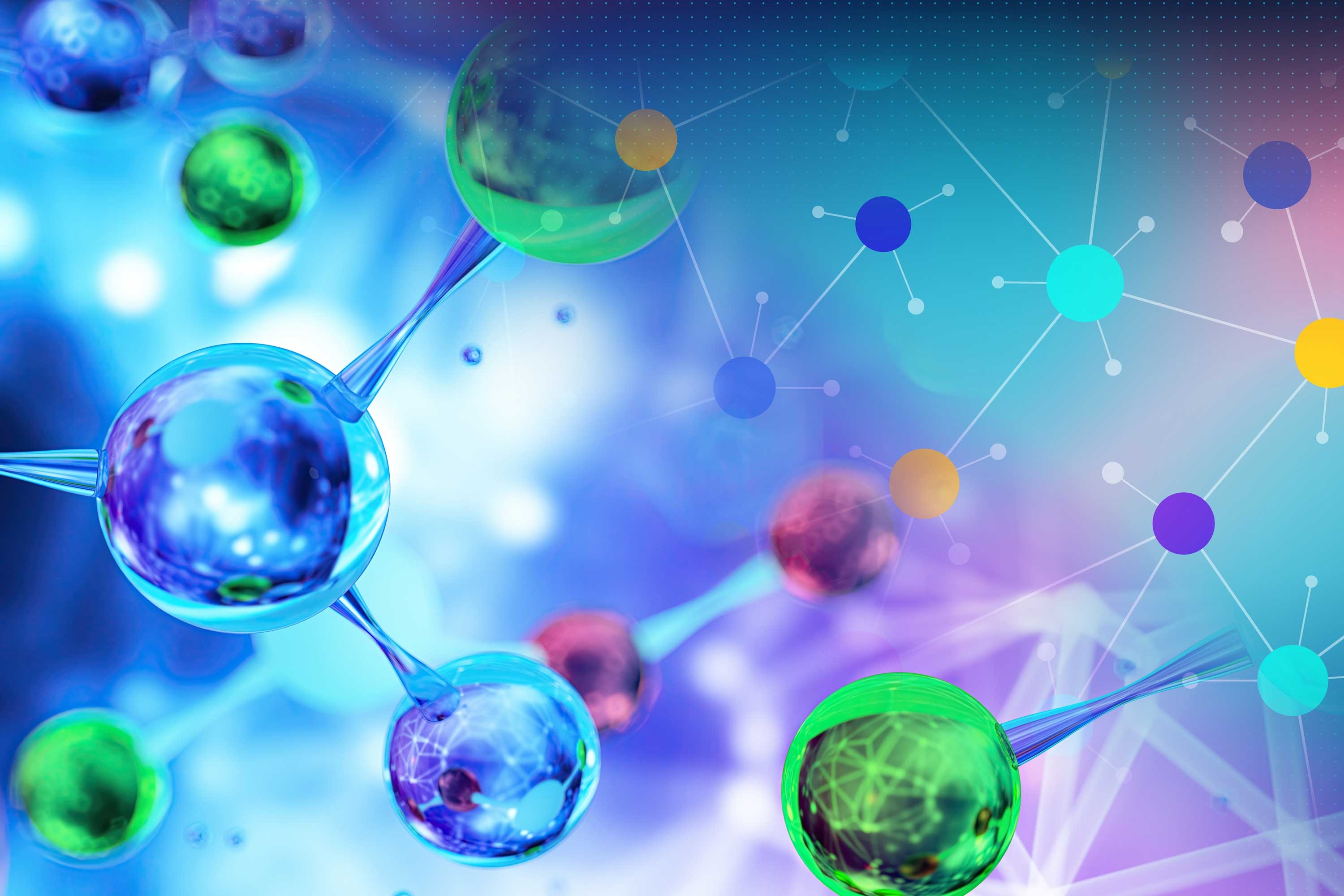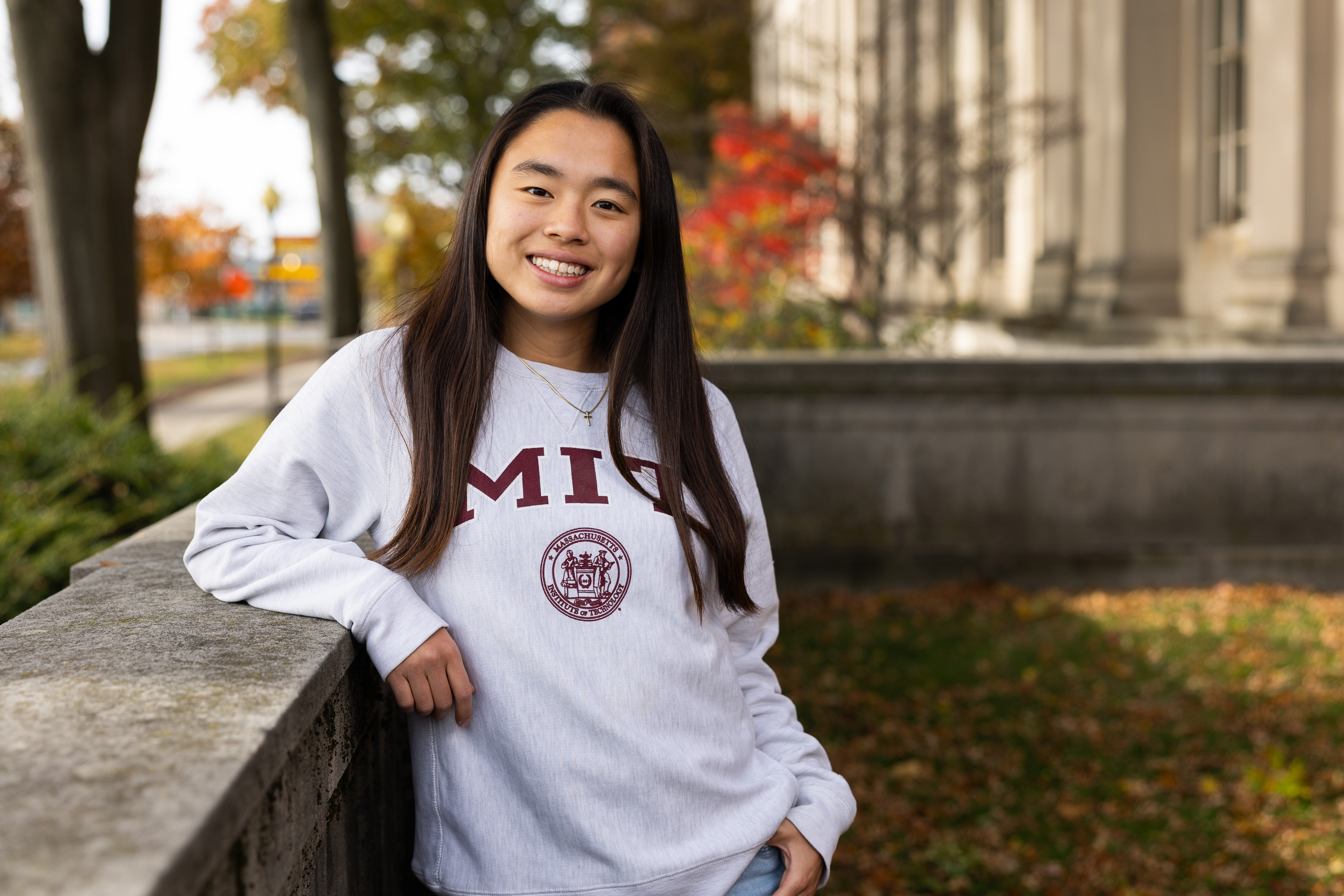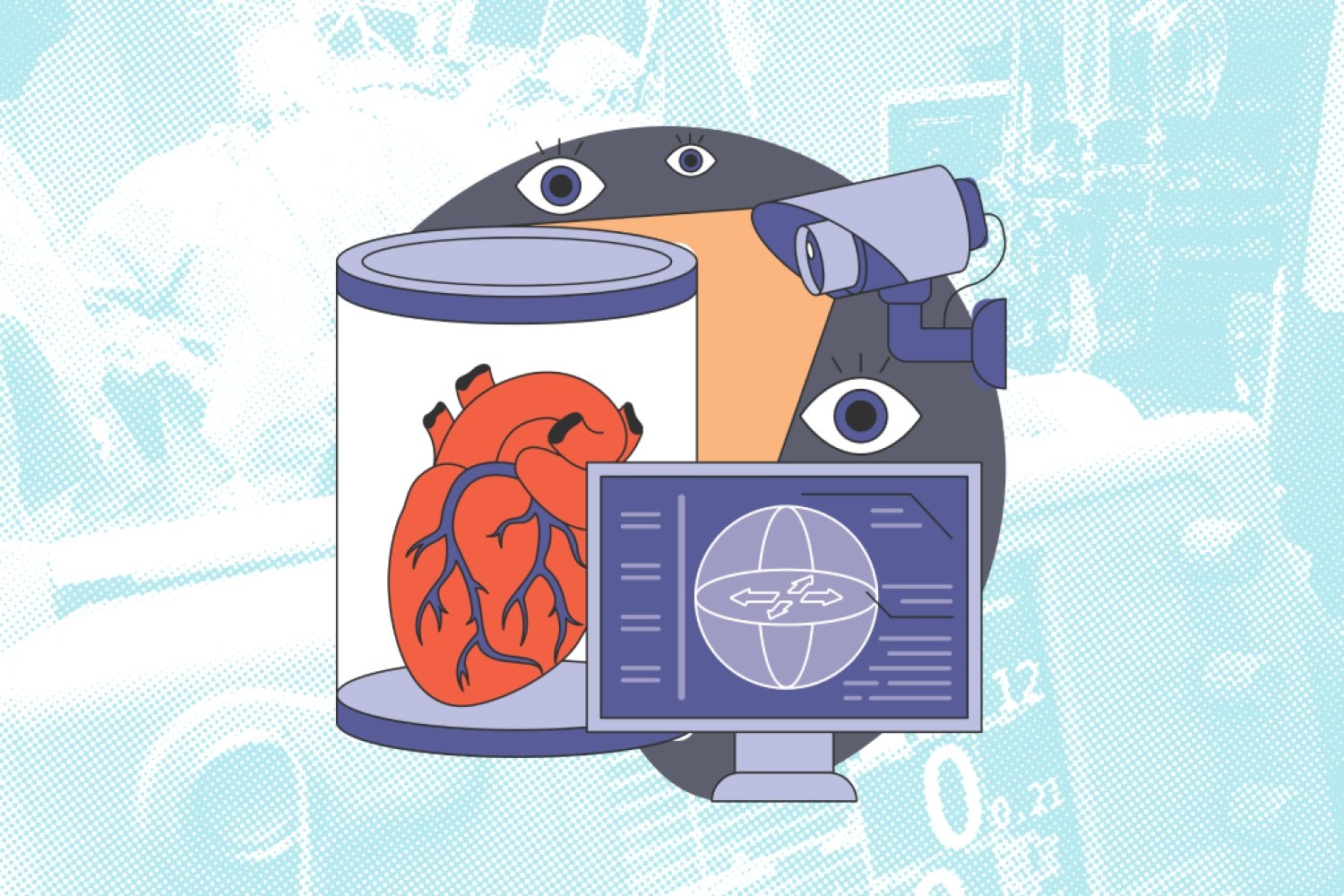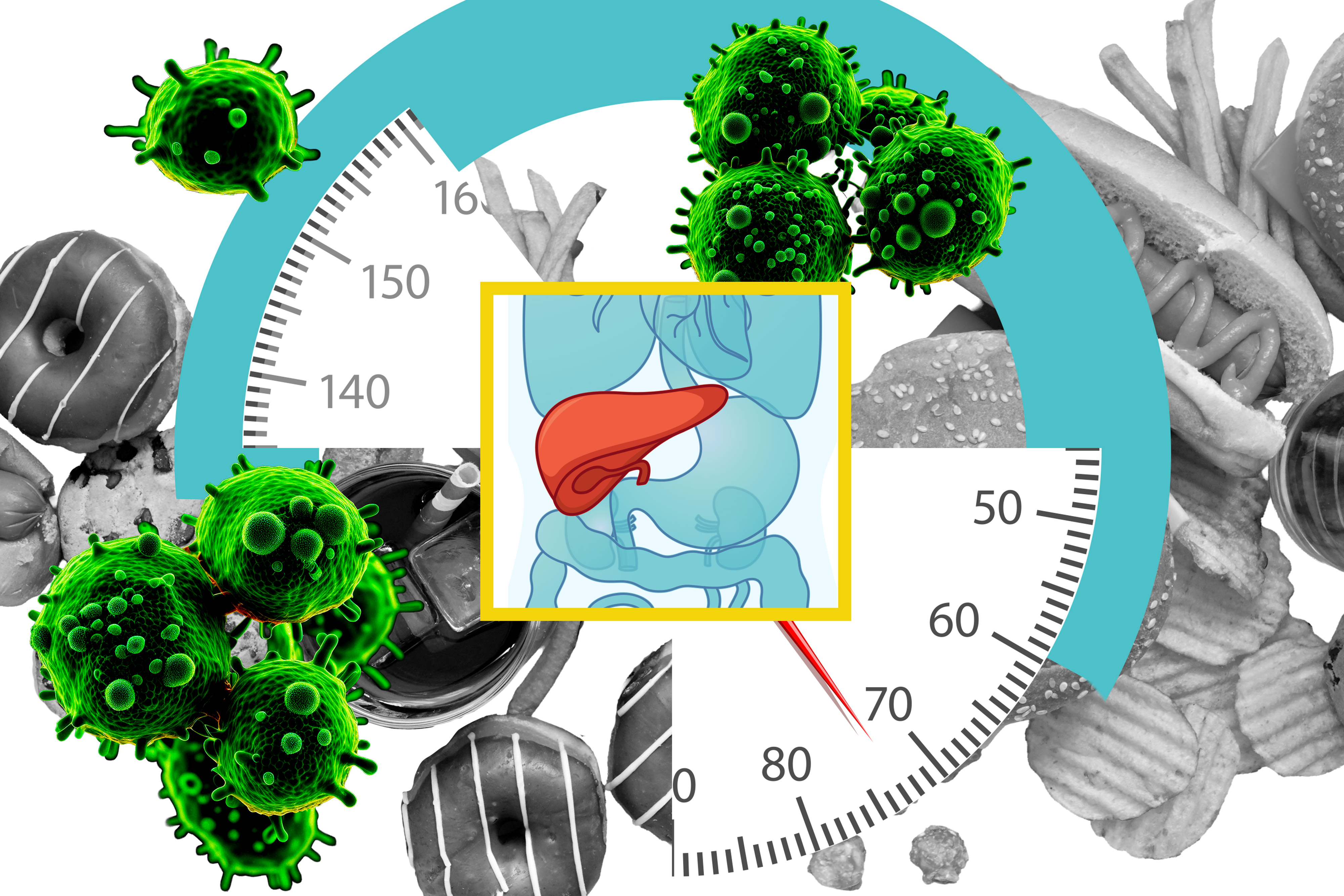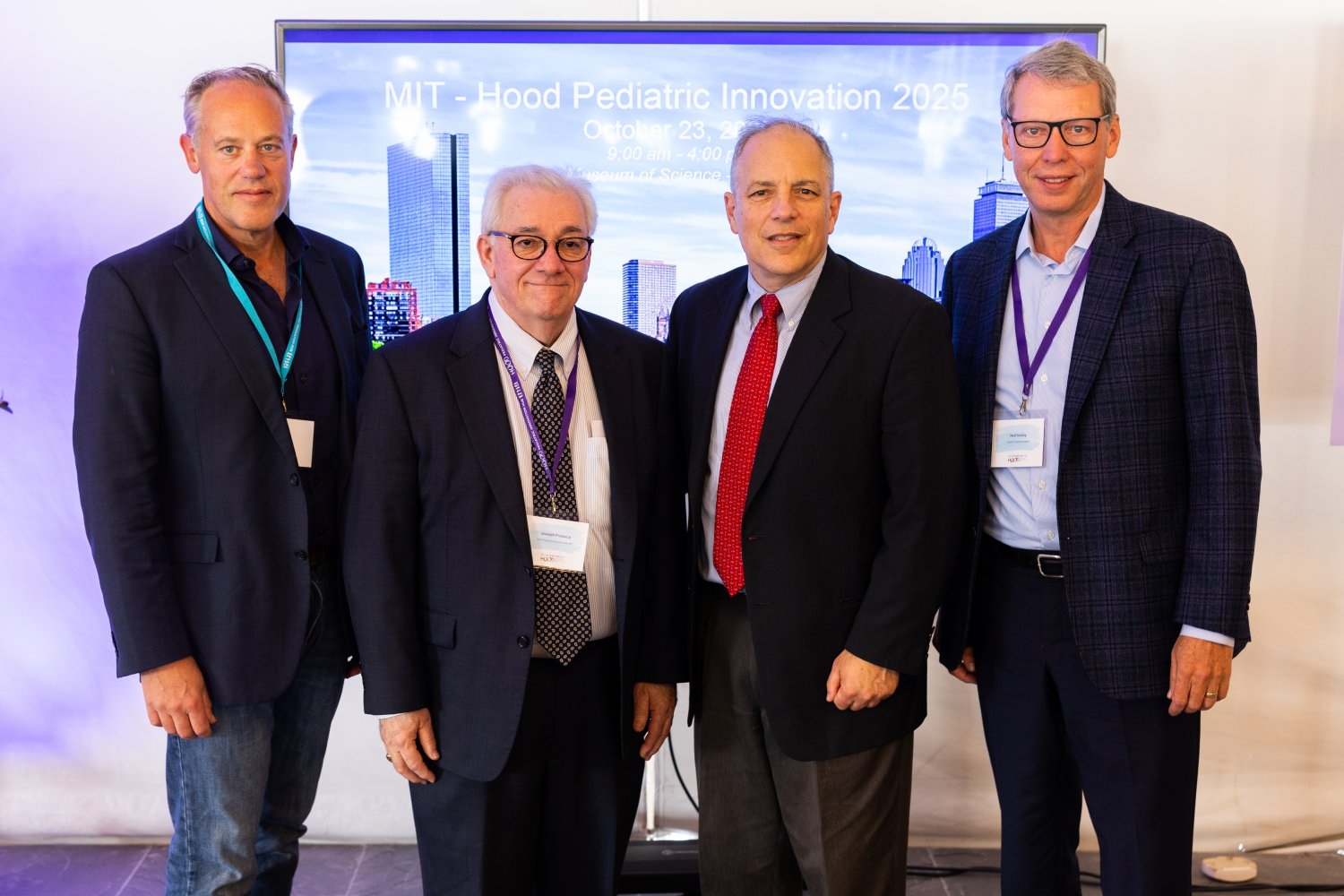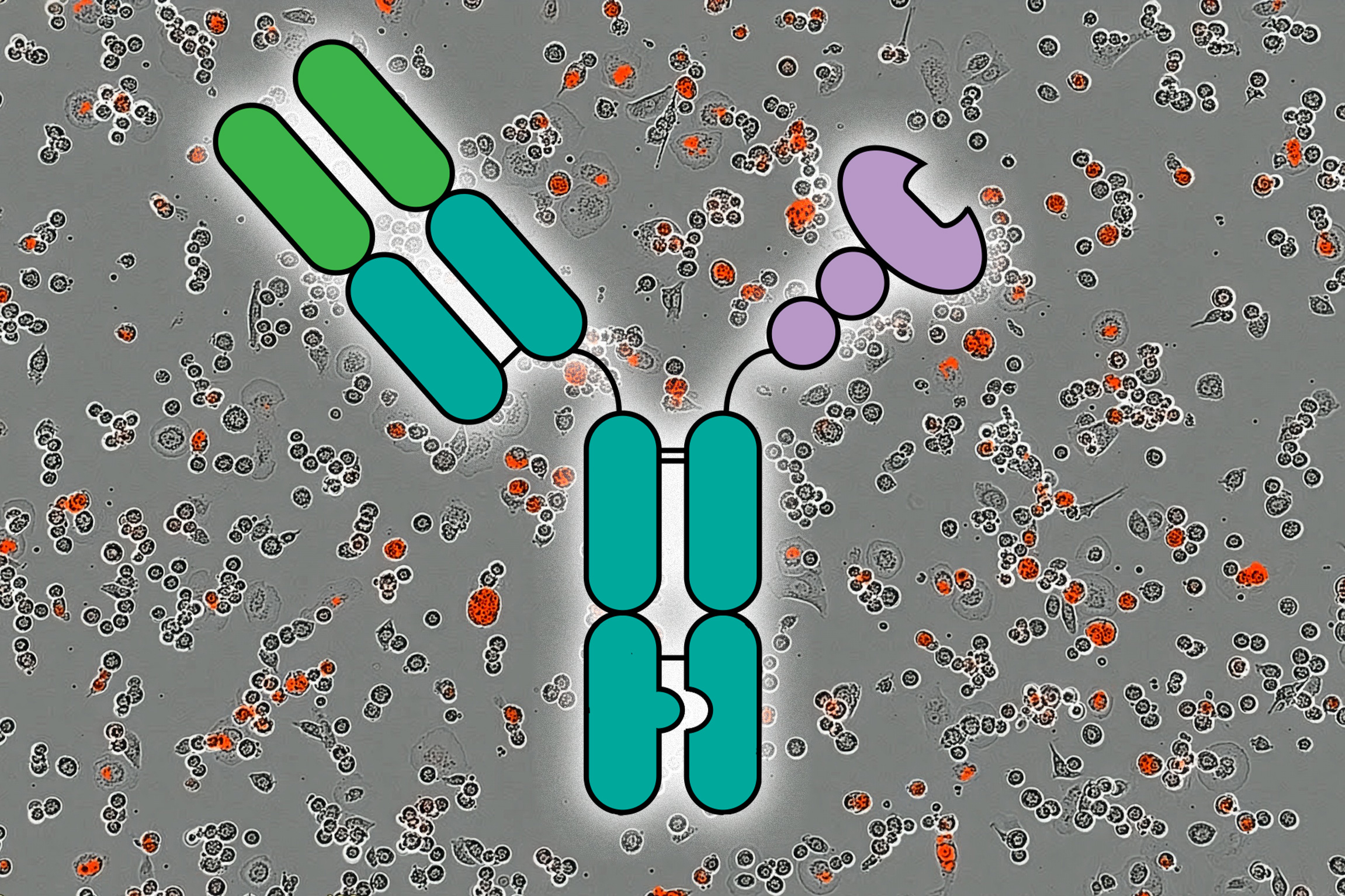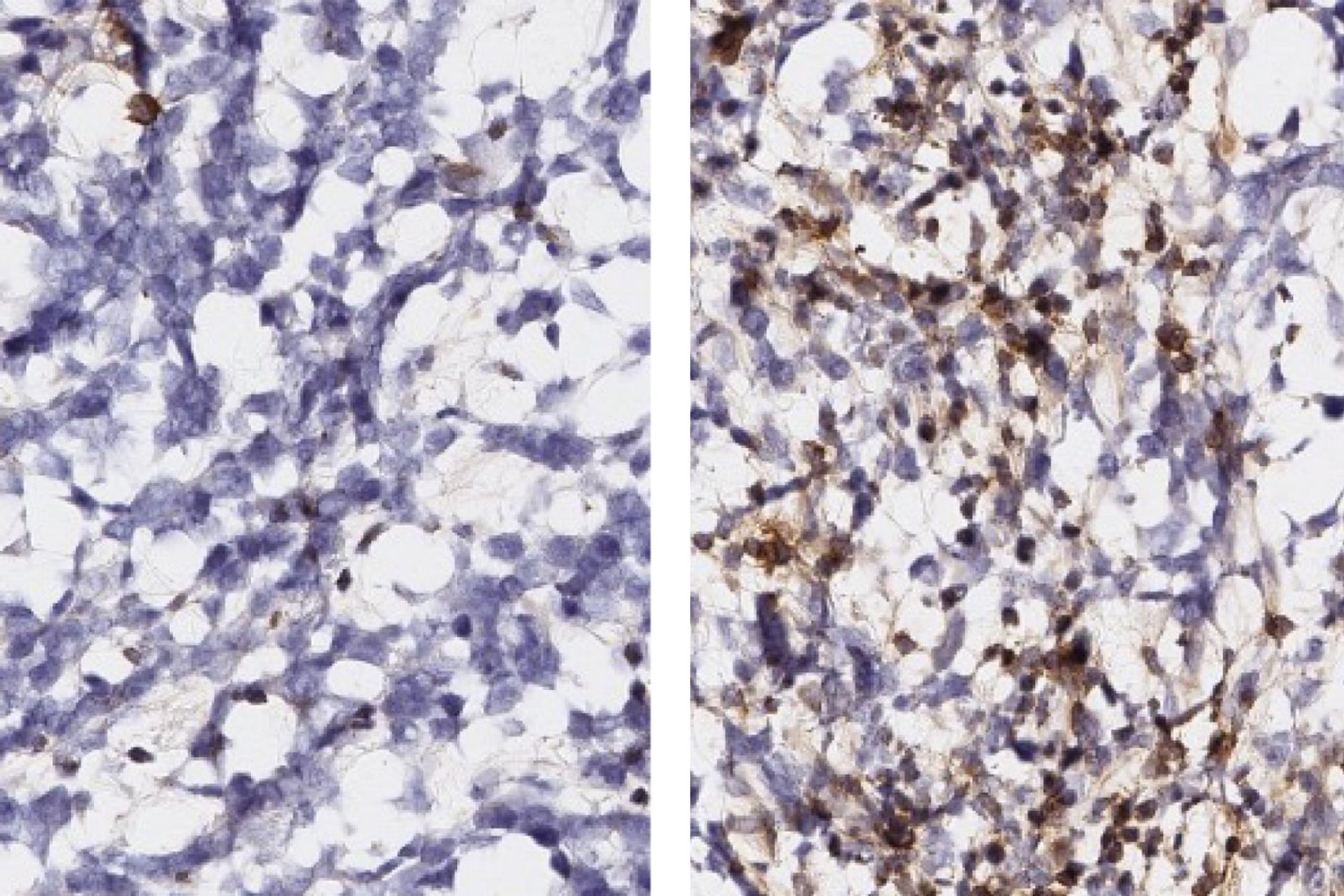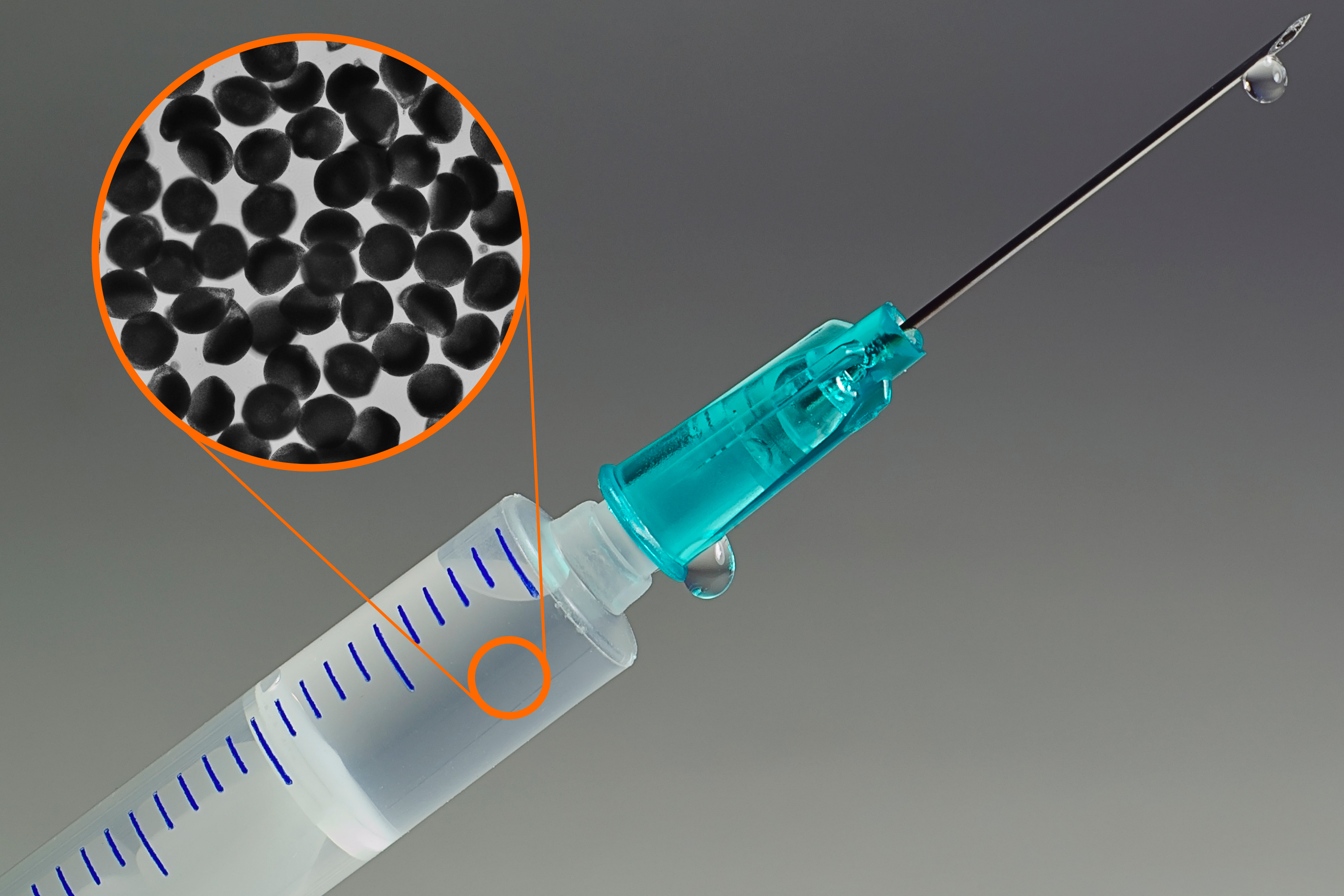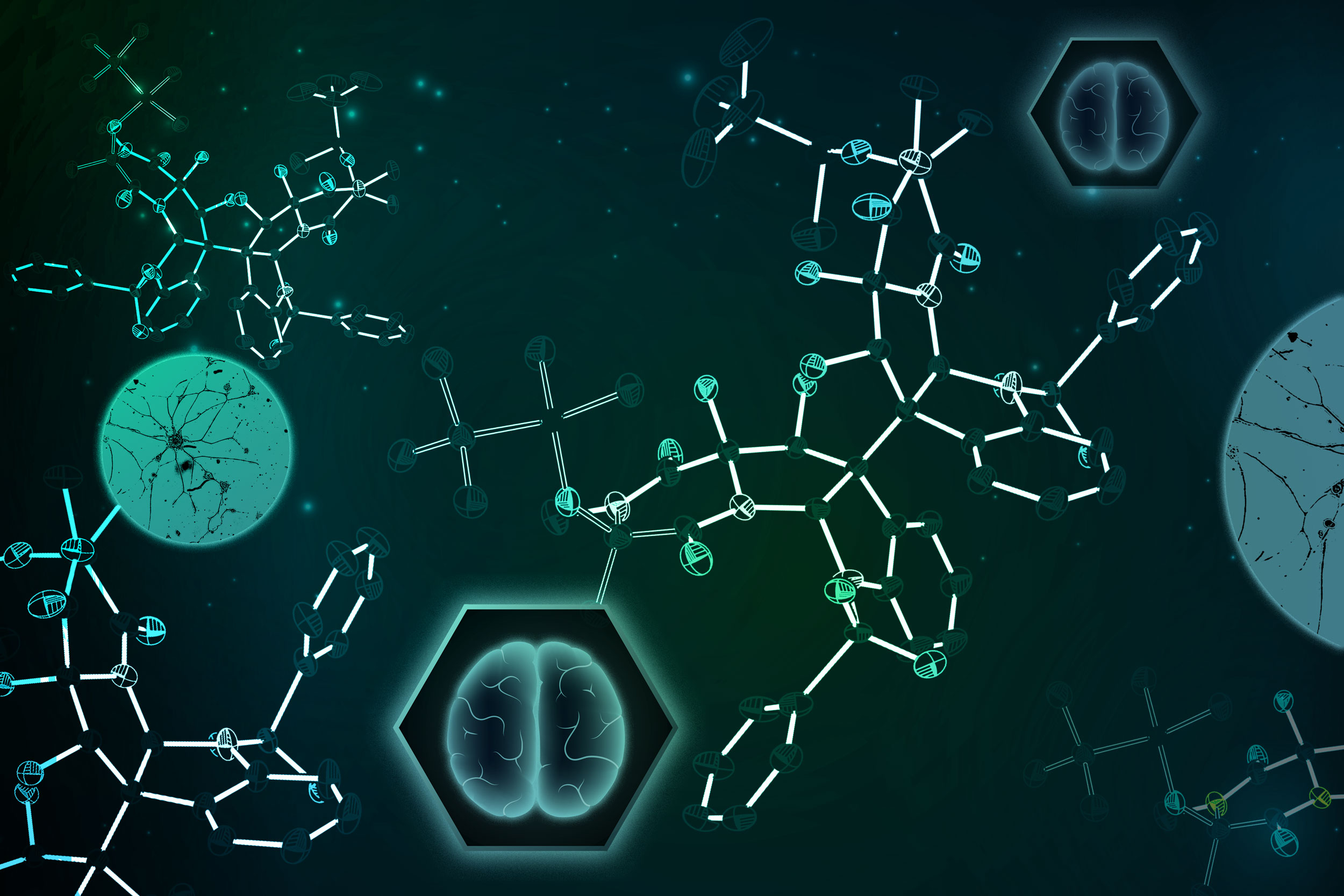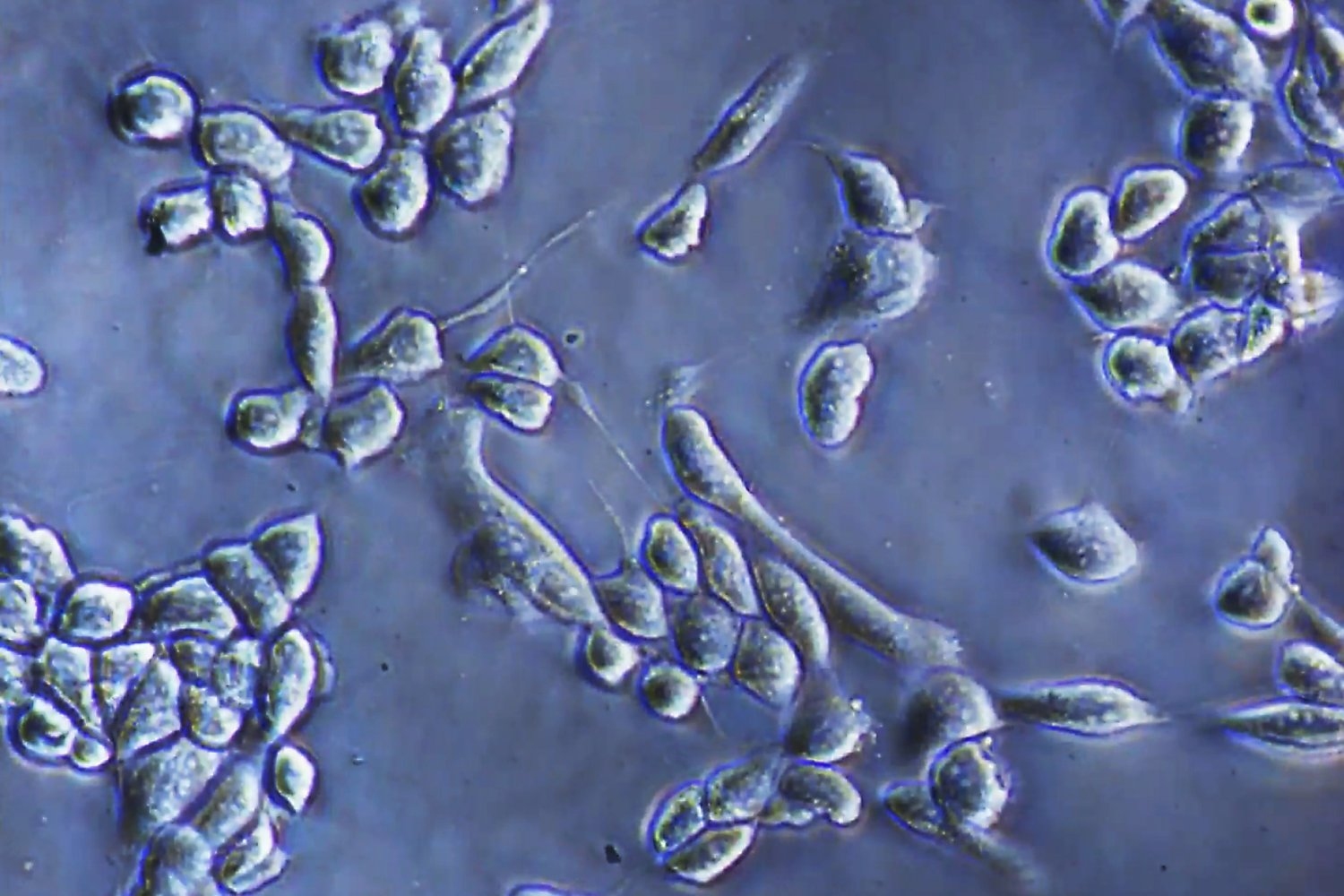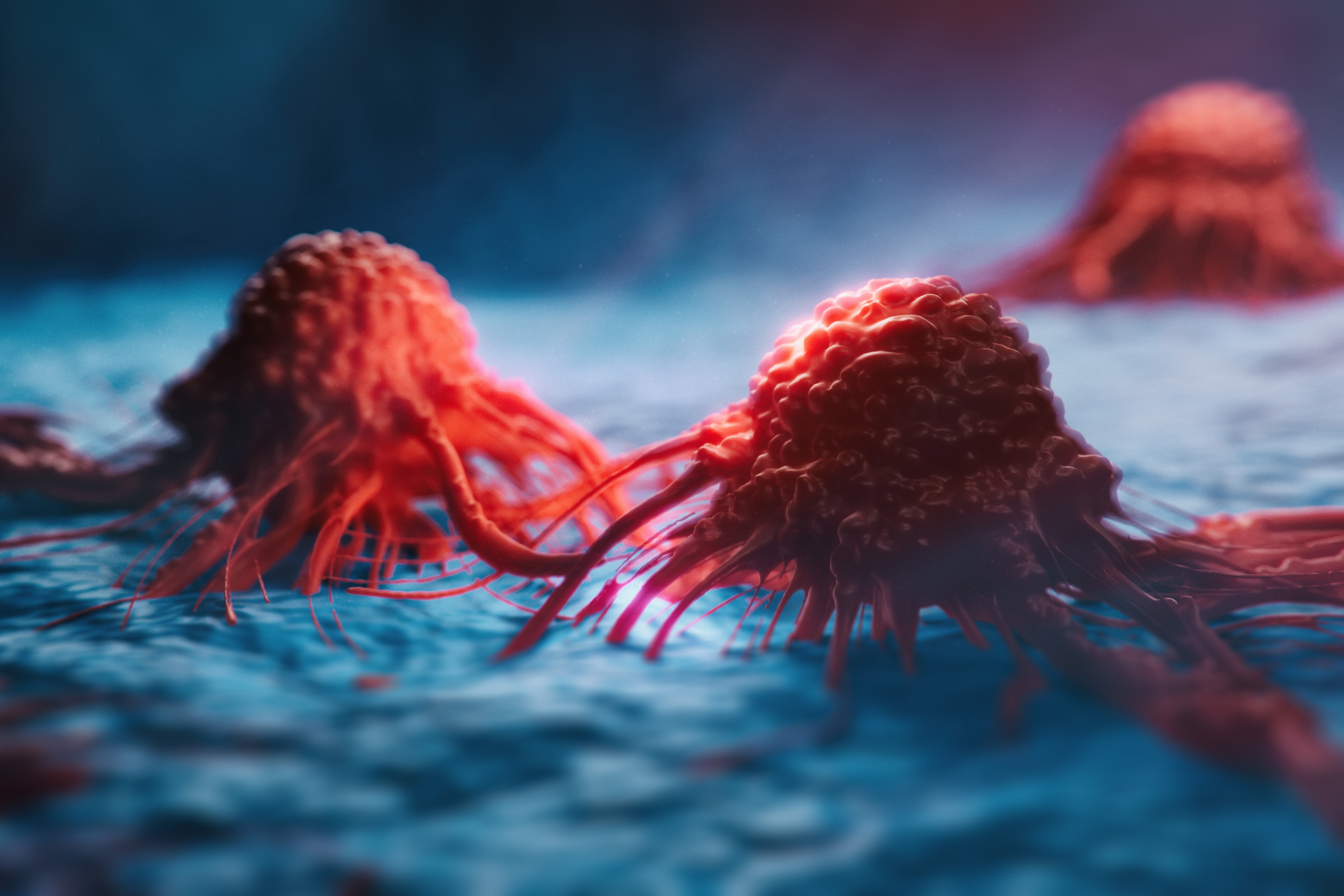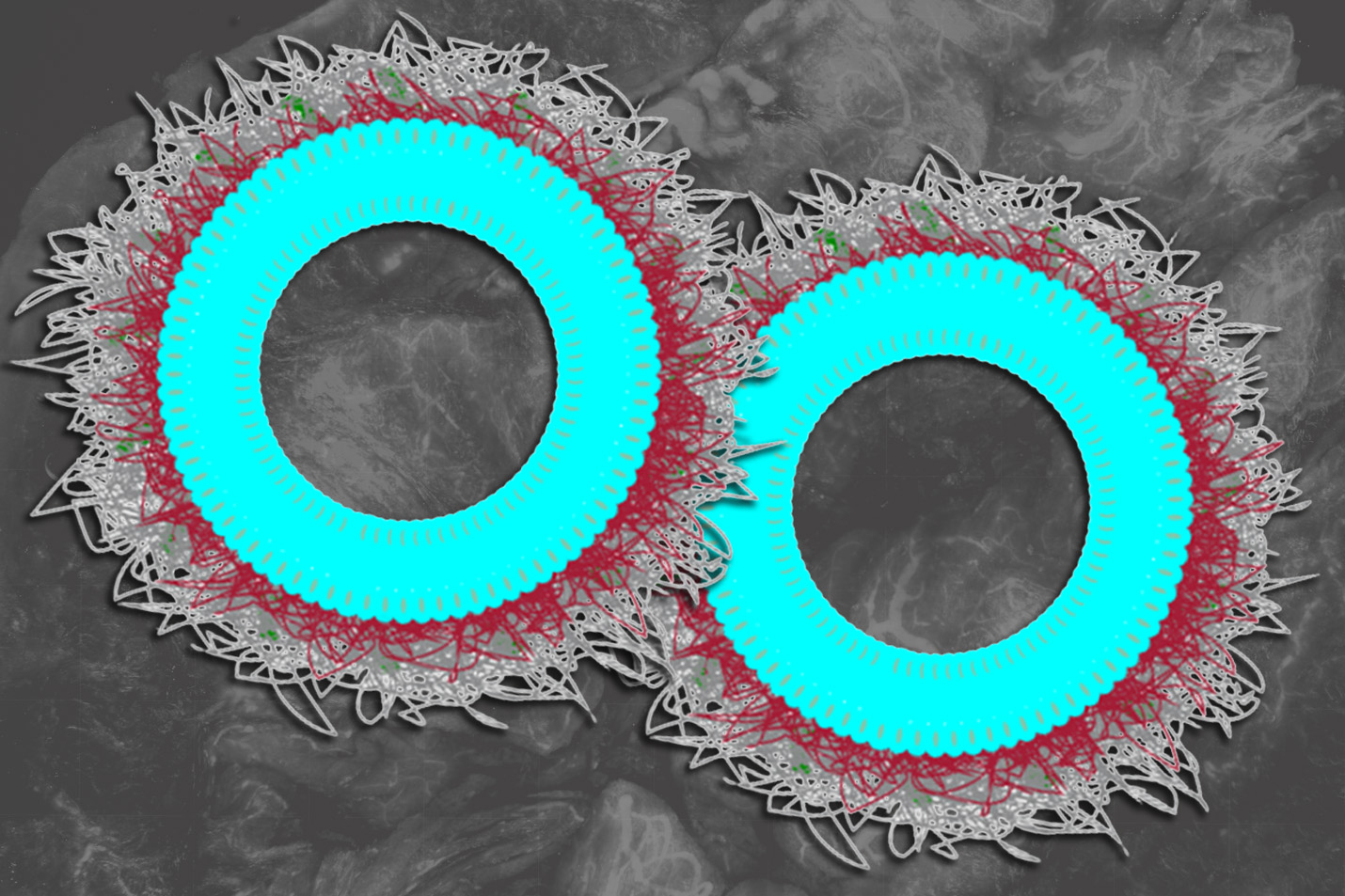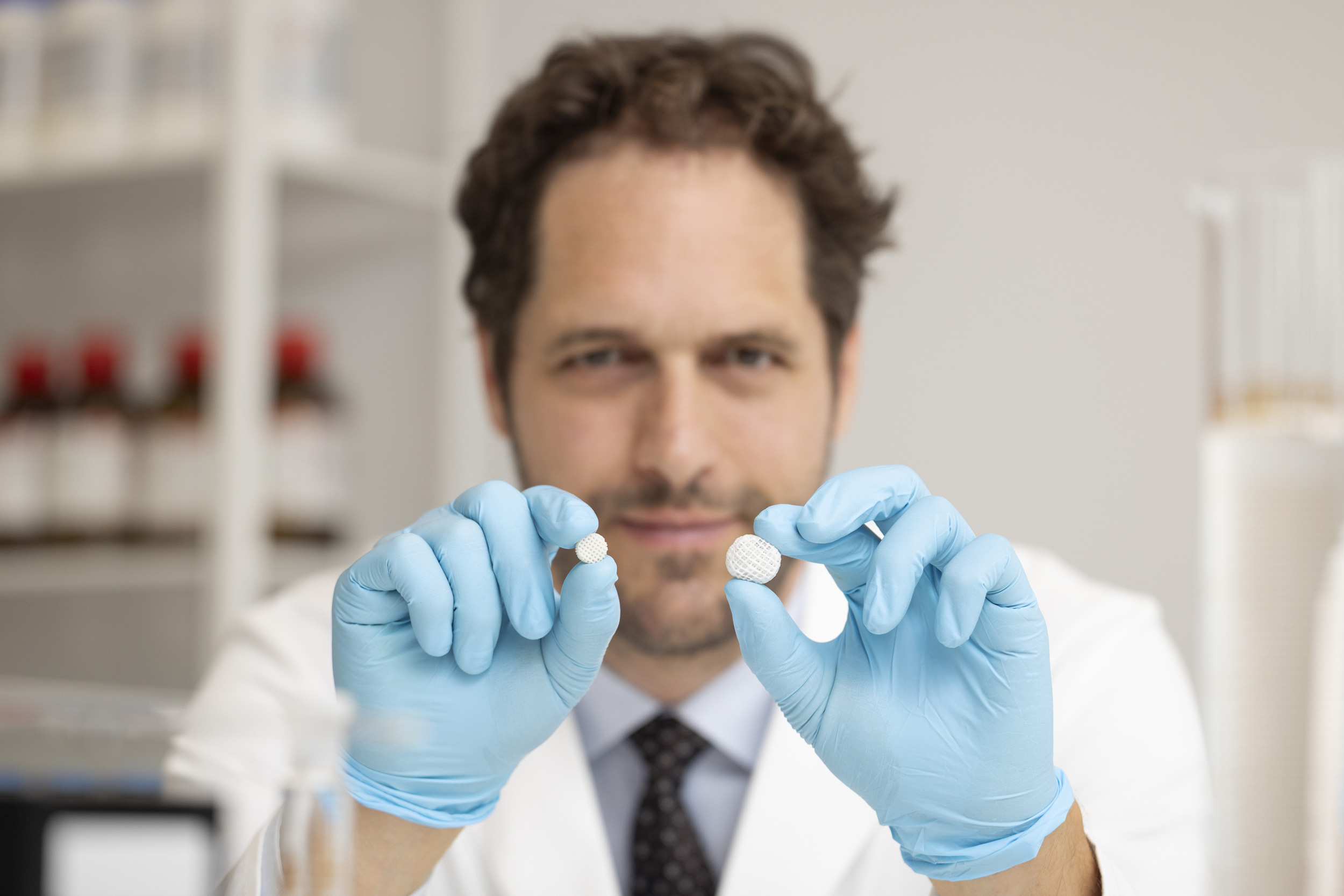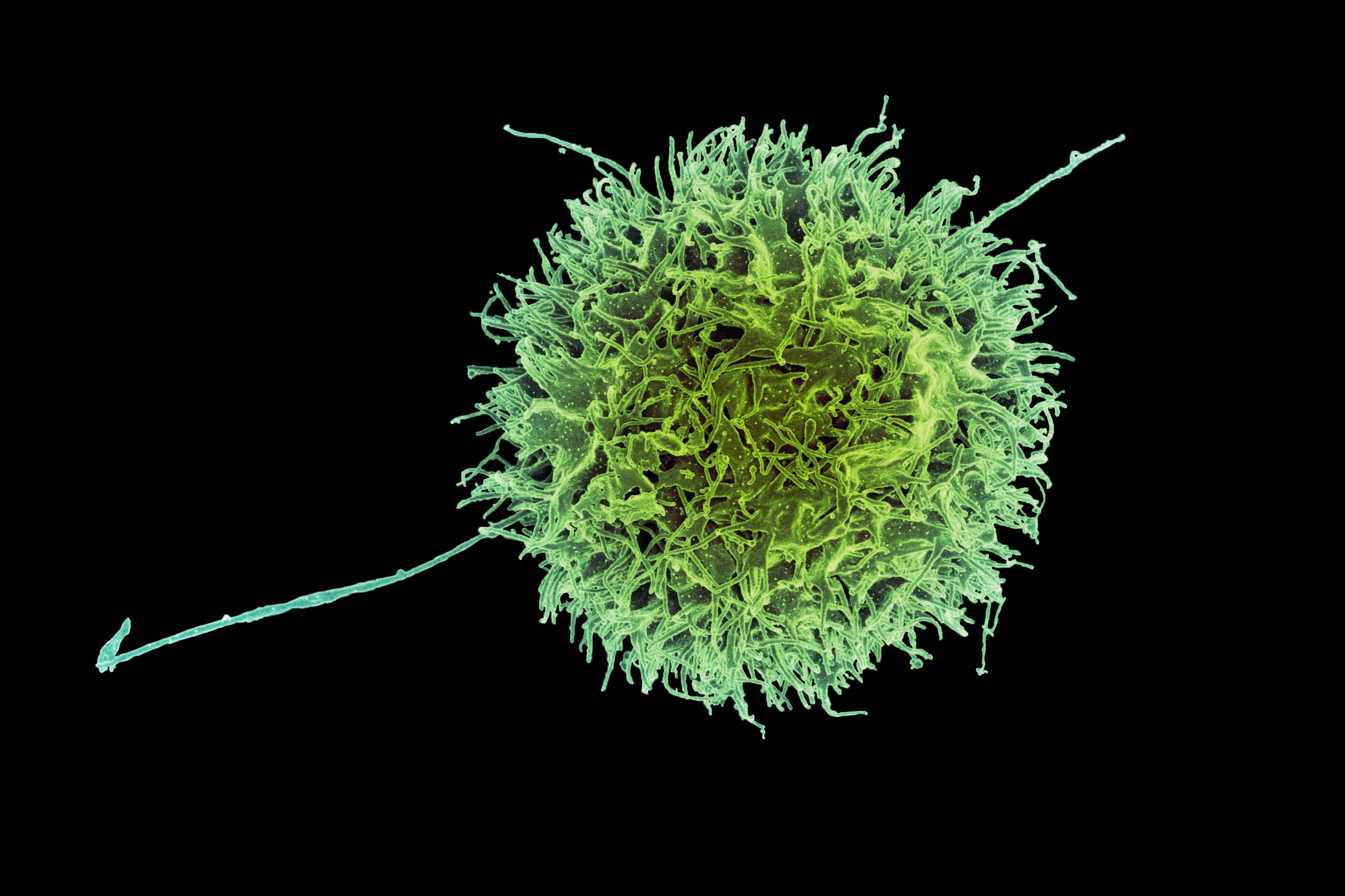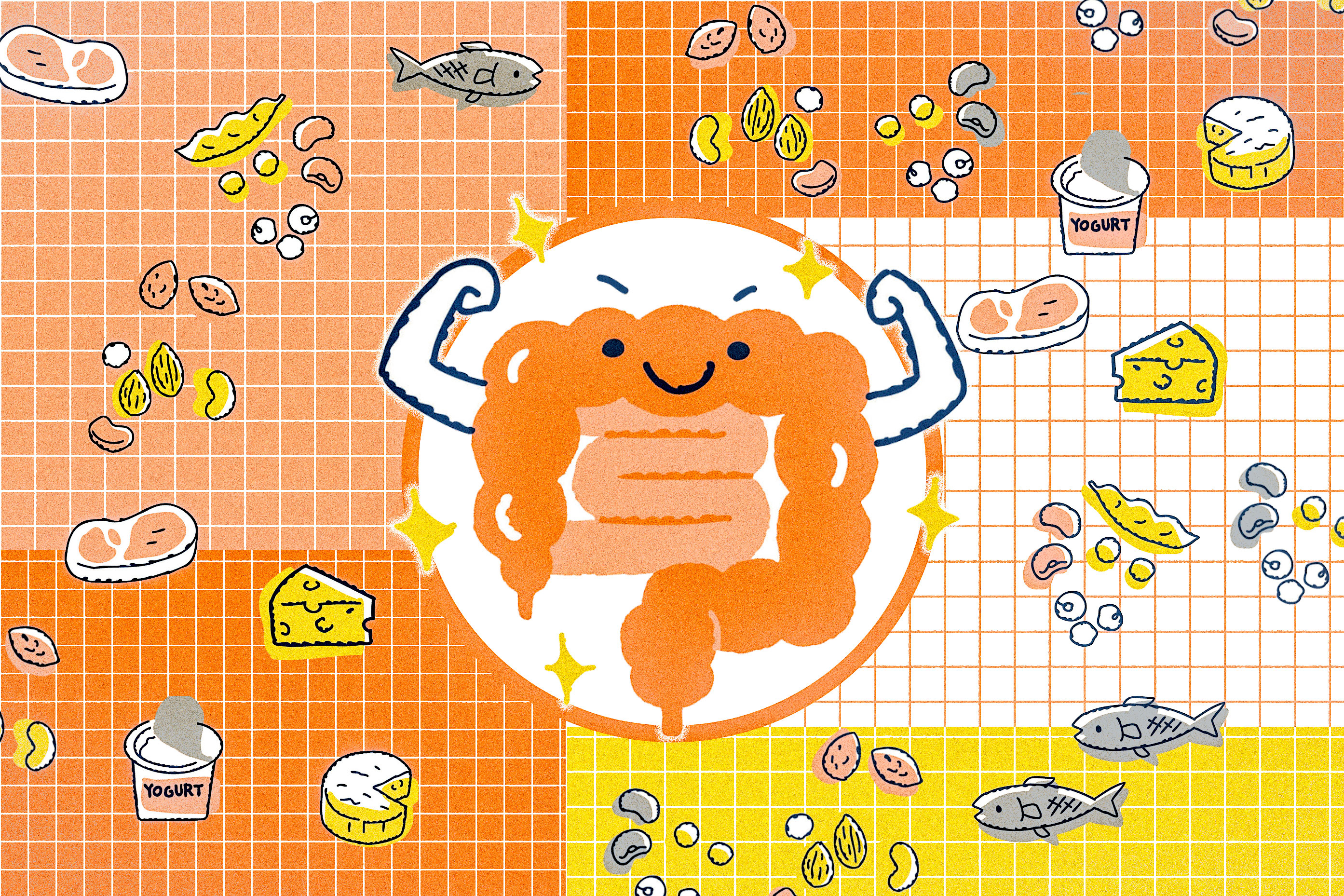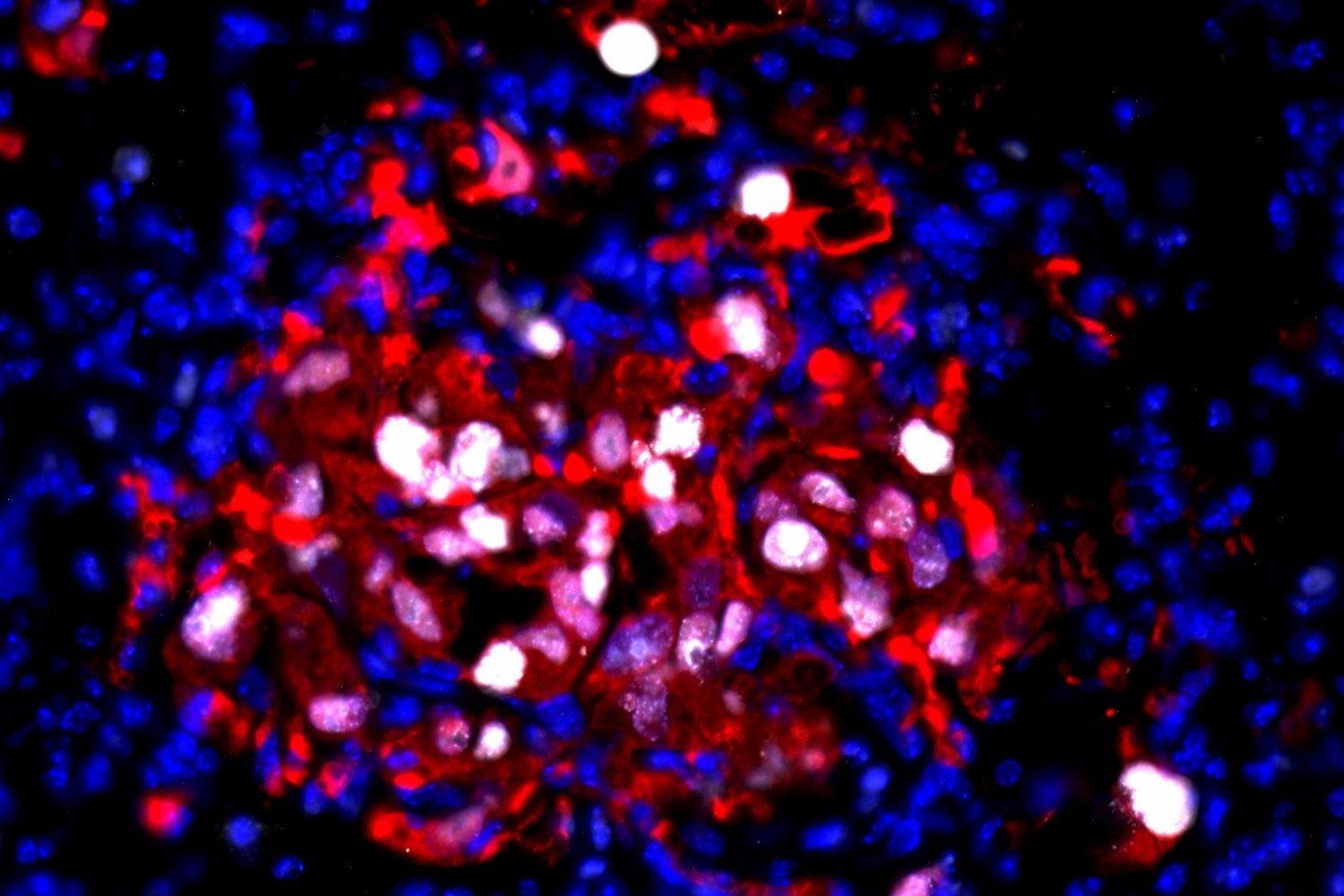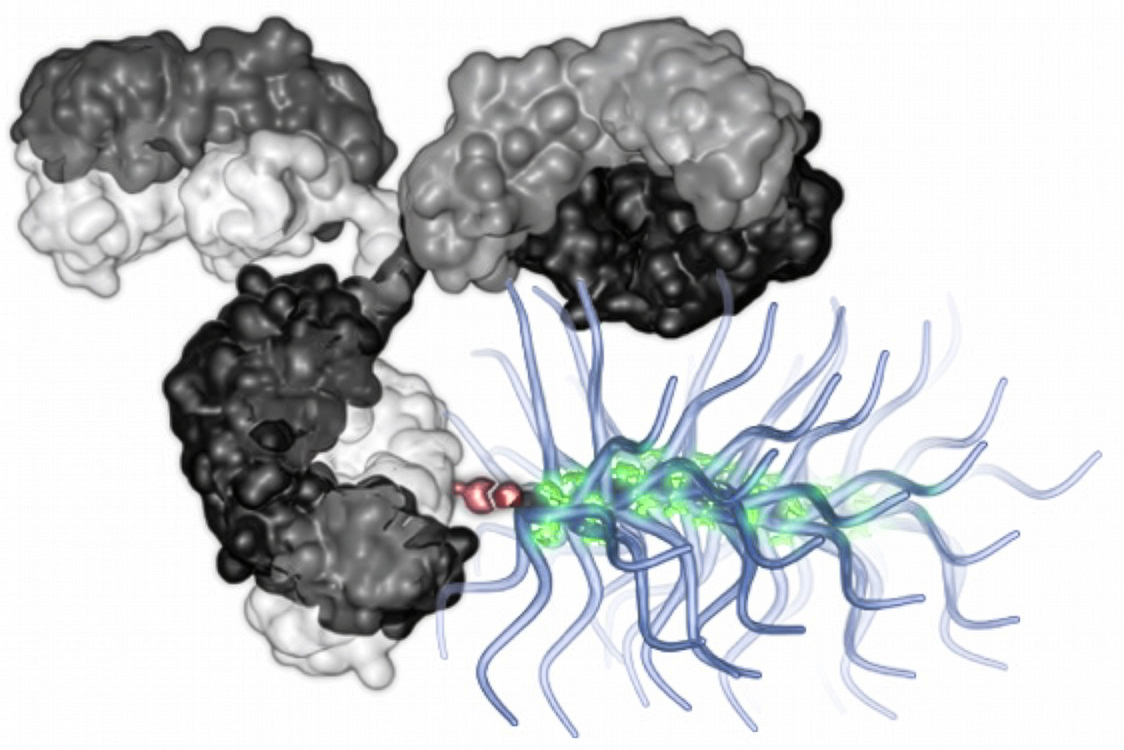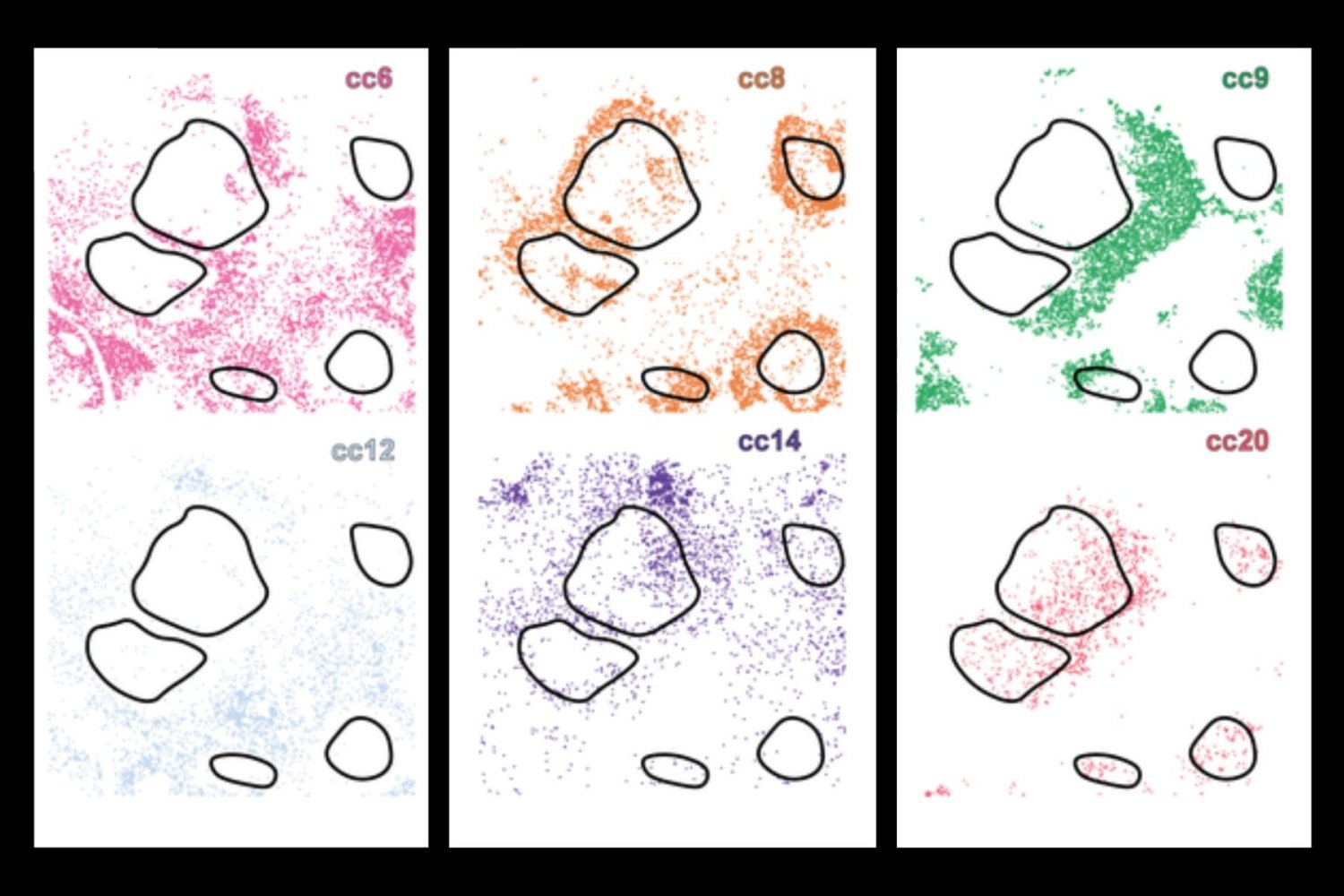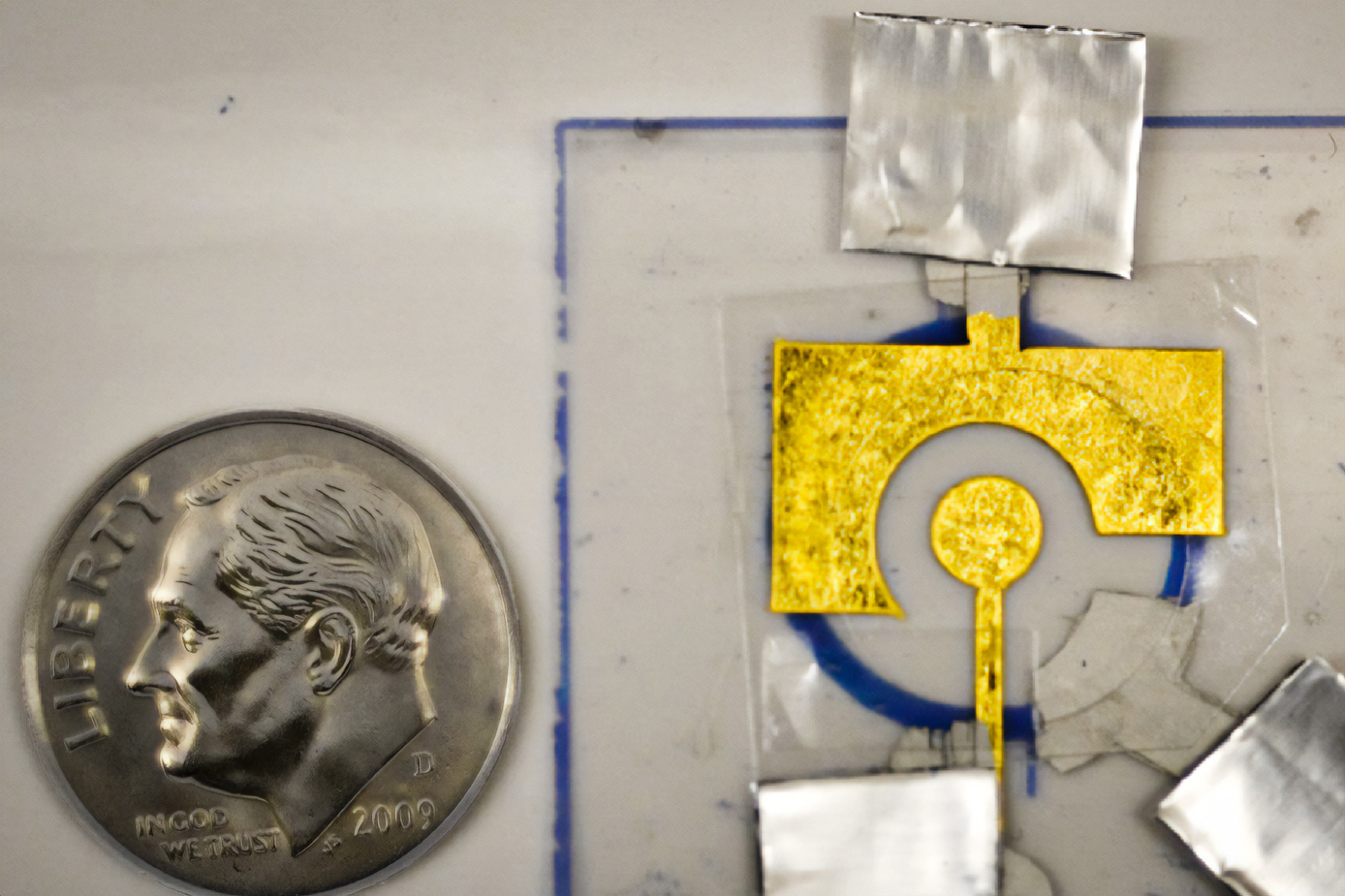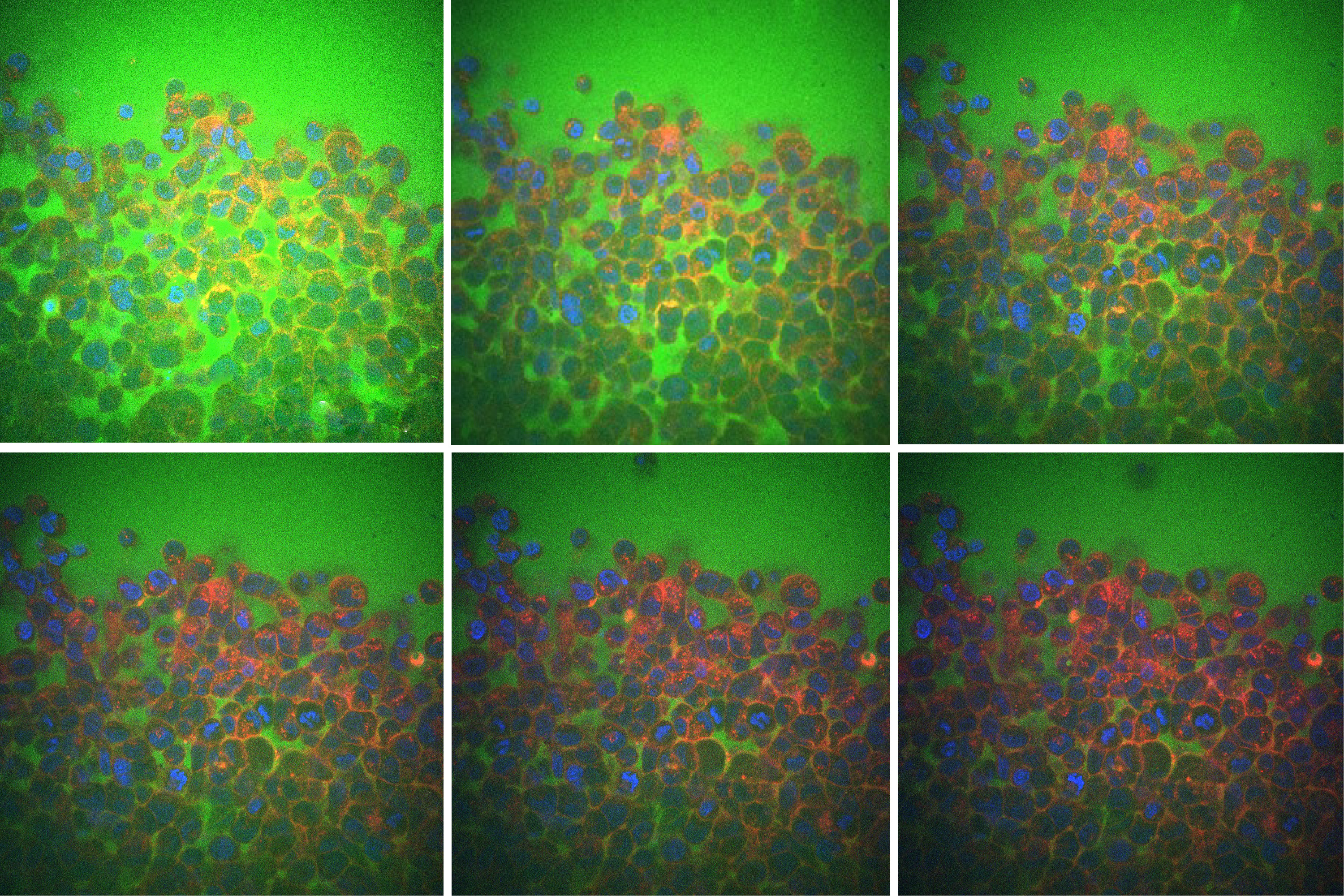HealthCare am MIT
Injectable “satellite livers” could offer an alternative to liver transplantationW.M. Keck Foundation to support research on healthy aging at MITMIT-Royalty Pharma Faculty Founder Initiative supports biotech innovatorsAI to help researchers see the bigger picture in cell biologyFragile X study uncovers brain wave biomarker bridging humans and miceBridging science and society in the emerging bioeconomyUsing synthetic biology and AI to address global antimicrobial resistance threatAI algorithm enables tracking of vital white matter pathwaysMagnetic mixer improves 3D bioprintingNew vaccine platform promotes rare protective B cells3 Questions: Using AI to accelerate the discovery and design of therapeutic drugsSMART launches new Wearable Imaging for Transforming Elderly Care research groupA portable ultrasound sensor may enable earlier detection of breast cancerA portable ultrasound sensor may enable earlier detection of breast cancerDesigning the future of metabolic health through tissue-selective drug deliveryCancer’s secret safety netCancer’s secret safety netRichard Hynes, a pioneer in the biology of cellular adhesion, dies at 81Richard Hynes, a pioneer in the biology of cellular adhesion, dies at 81Why it’s critical to move beyond overly aggregated machine-learning metricsPills that communicate from the stomach could improve medication adherenceCelebrating worm scienceAI-generated sensors open new paths for early cancer detectionAI-generated sensors open new paths for early cancer detectionSean Luk: Addressing the urgent need for better immunotherapyMIT scientists investigate memorization risk in the age of clinical AIMIT in the media: 2025 in reviewStudy: High-fat diets make liver cells more likely to become cancerousStudy: High-fat diets make liver cells more likely to become cancerousPost-COP30, more aggressive policies needed to cap global warming at 1.5 CMIT-Hood Pediatric Innovation Hub convenes leaders to advance pediatric healthA new immunotherapy approach could work for many types of cancerMIT researchers find new immunotherapeutic targets for glioblastomaA new way to deliver antibodies could make treatment much easier for patientsA new way to deliver antibodies could make treatment much easier for patientsPrognostic tool could help clinicians identify high-risk cancer patientsPrognostic tool could help clinicians identify high-risk cancer patientsMIT chemists synthesize a fungal compound that holds promise for treating brain cancerAn improved way to detach cells from culture surfacesTurning on an immune pathway in tumors could lead to their destructionNew nanoparticles stimulate the immune system to attack ovarian tumorsStartup’s tablets deliver cancer drugs more evenly over timeEngineered “natural killer” cells could help fight cancerA cysteine-rich diet may promote regeneration of the intestinal lining, study suggestsInflammation jolts “sleeping” cancer cells awake, enabling them to multiply again“Bottlebrush” particles deliver big chemotherapy payloads directly to cancer cellsMapping cells in time and space: New tool reveals a detailed history of tumor growthNew AI system uncovers hidden cell subtypes, boosts precision medicineMIT engineers develop electrochemical sensors for cheap, disposable diagnosticsMIT engineers uncover a surprising reason why tissues are flexible or rigid
von Jennifer Chu | MIT News am 20. Juni 2025 um 9:00
Watery fluid between cells plays a major role, offering new insights into how organs and tissues adapt to aging, diabetes, cancer, and more.

